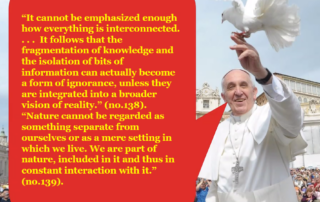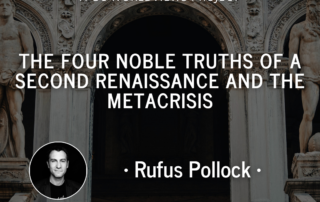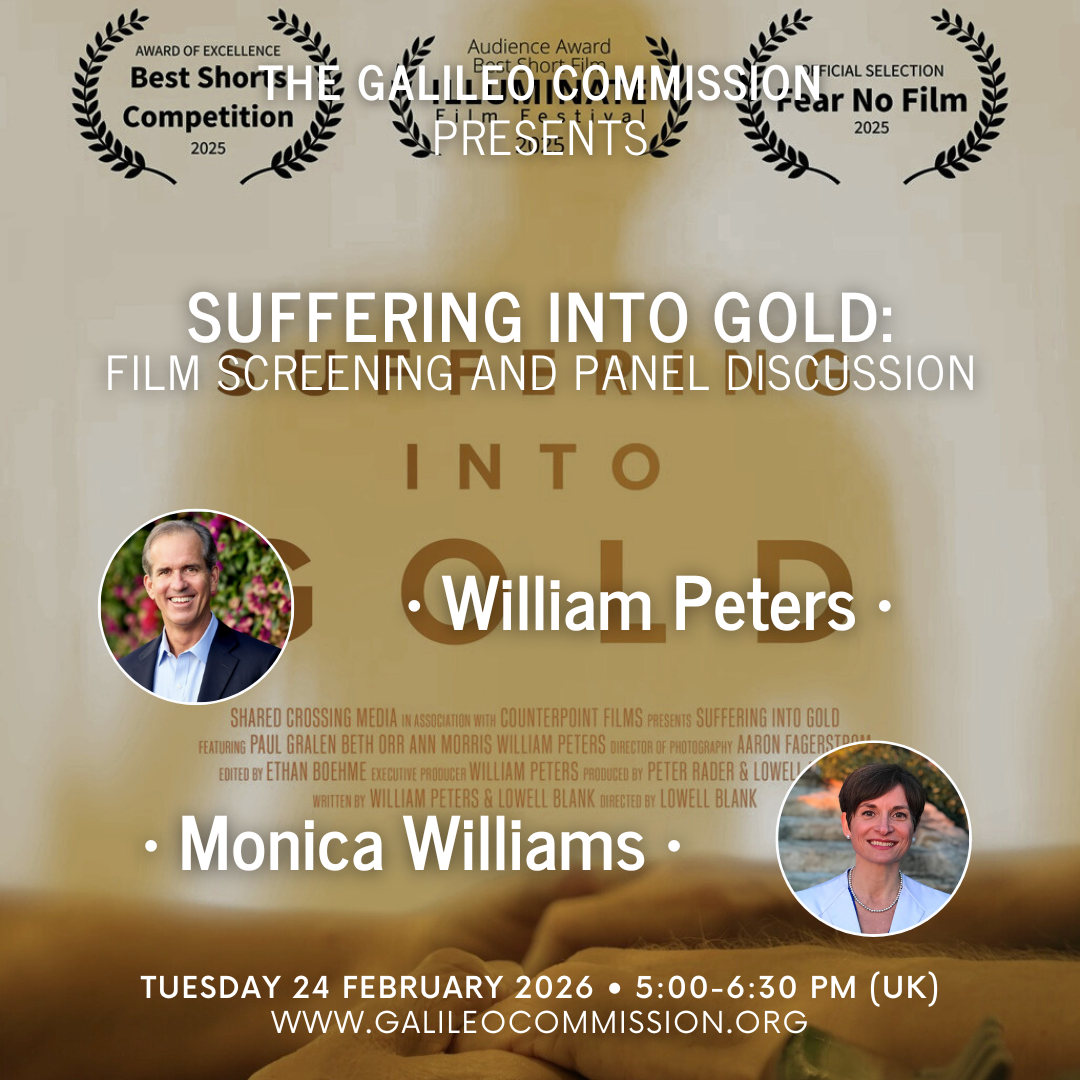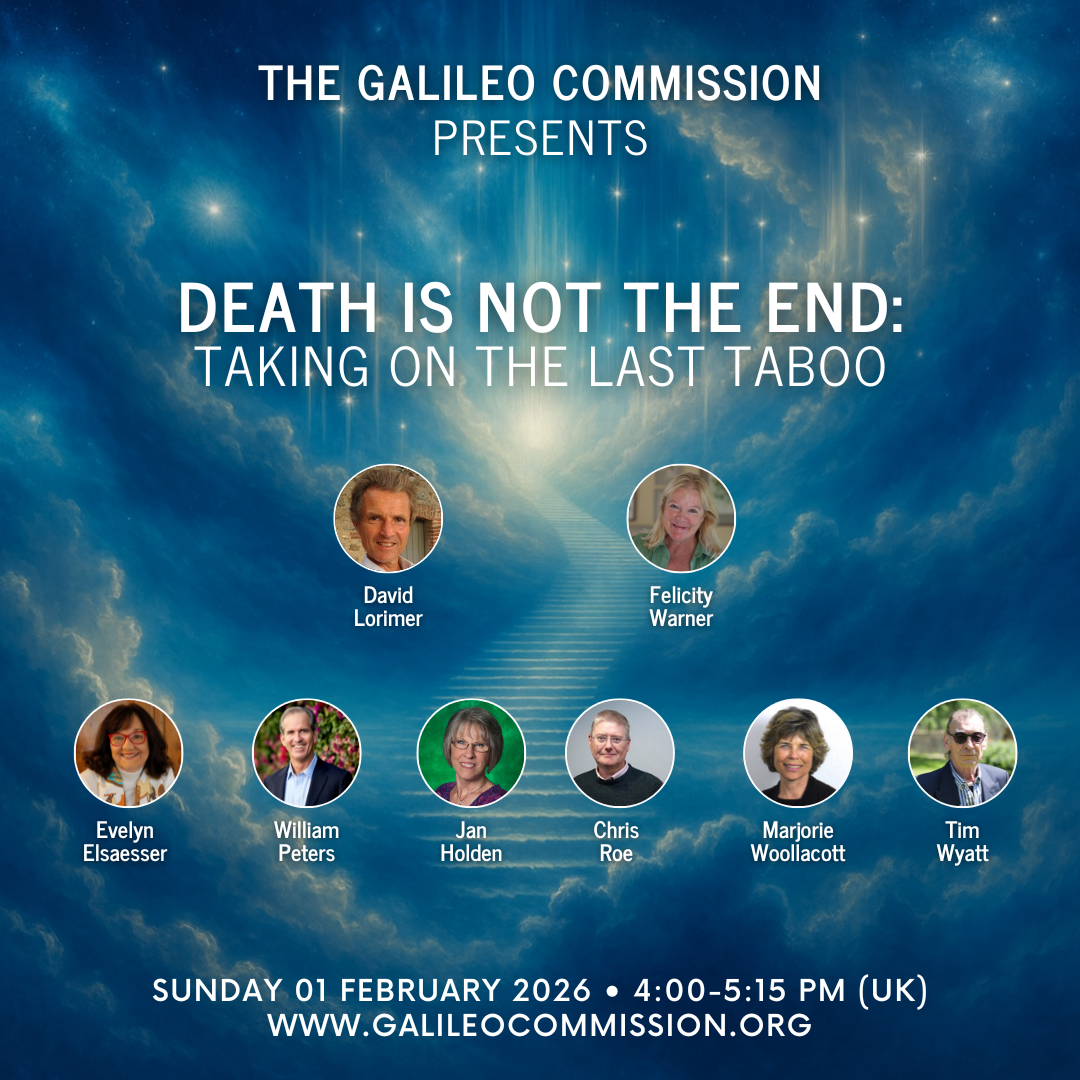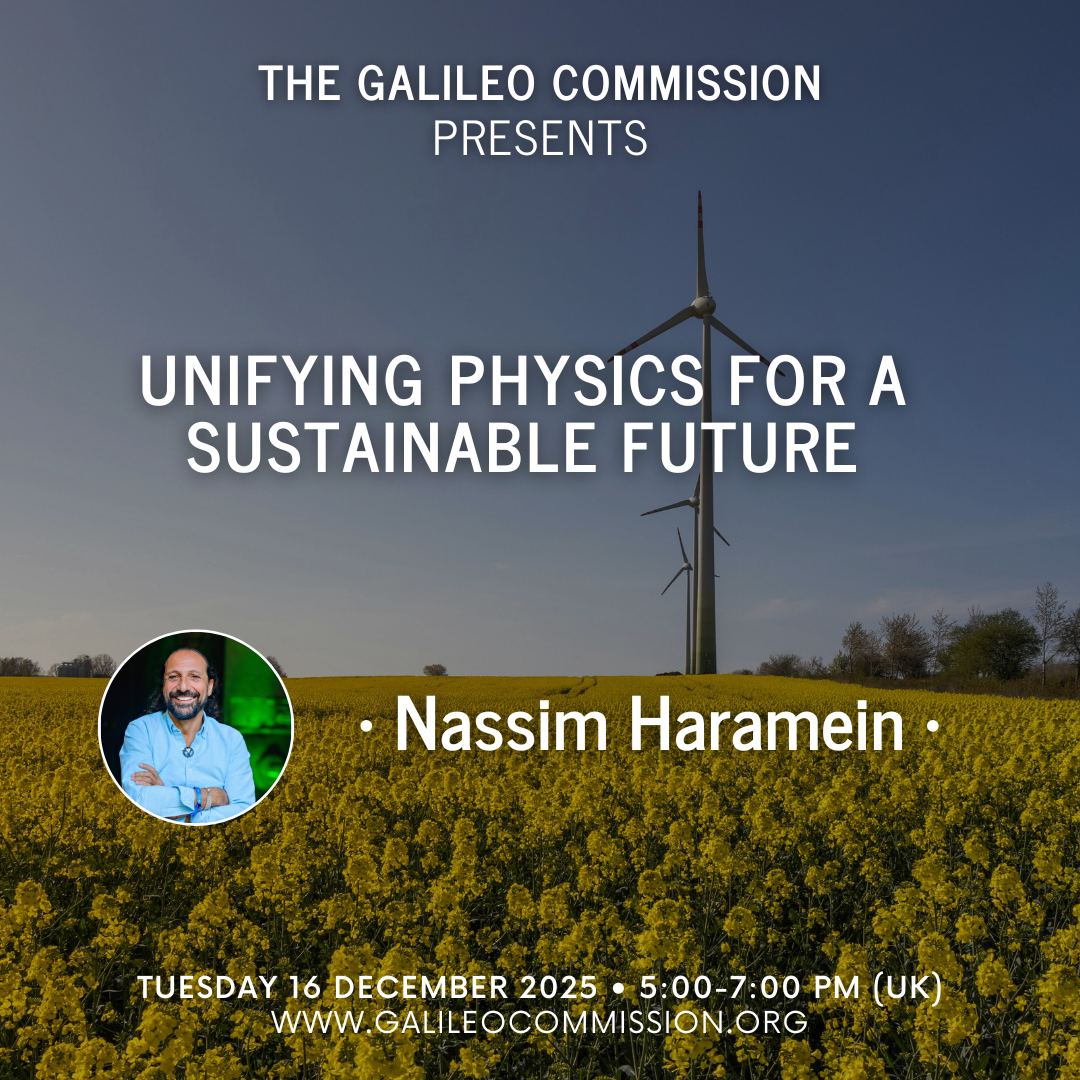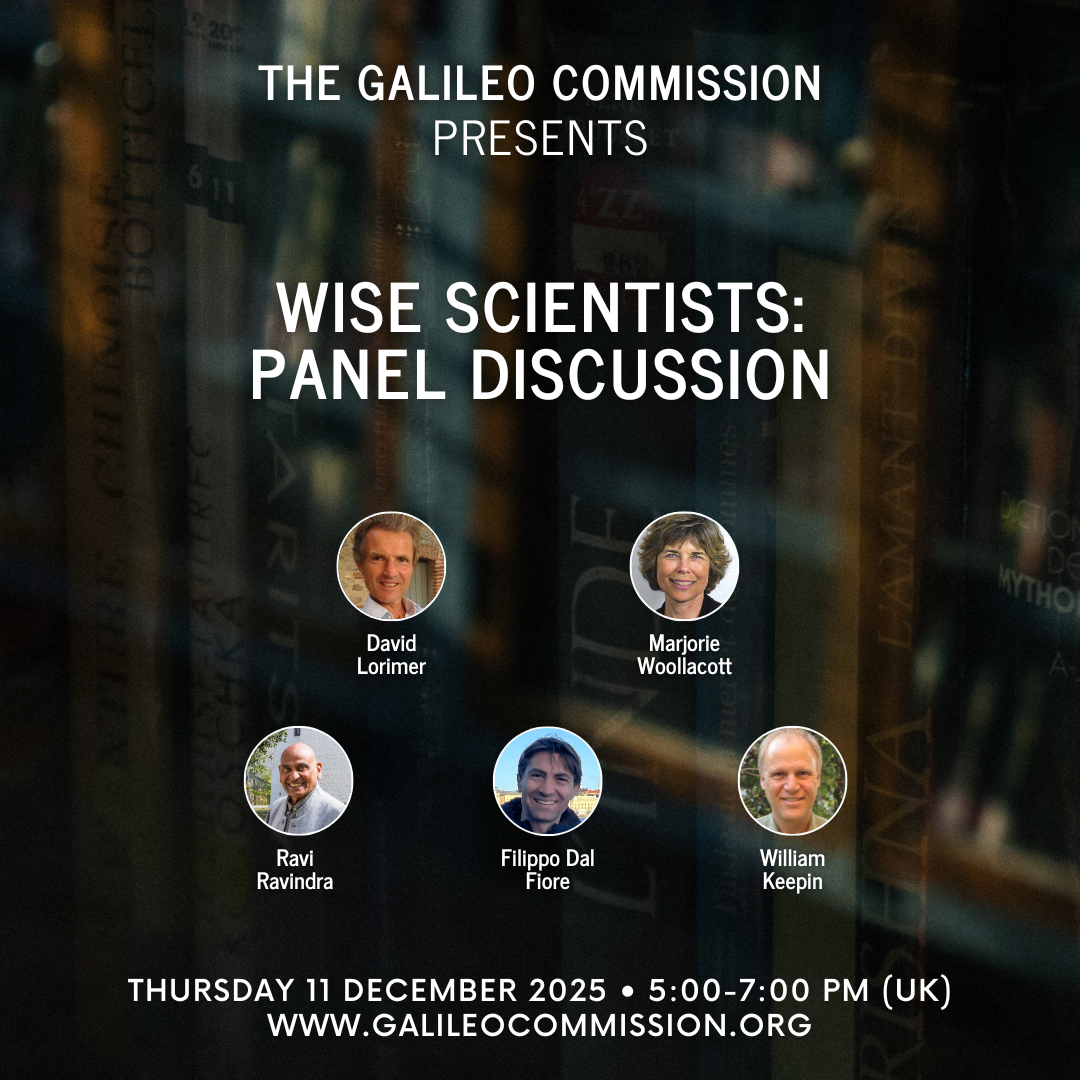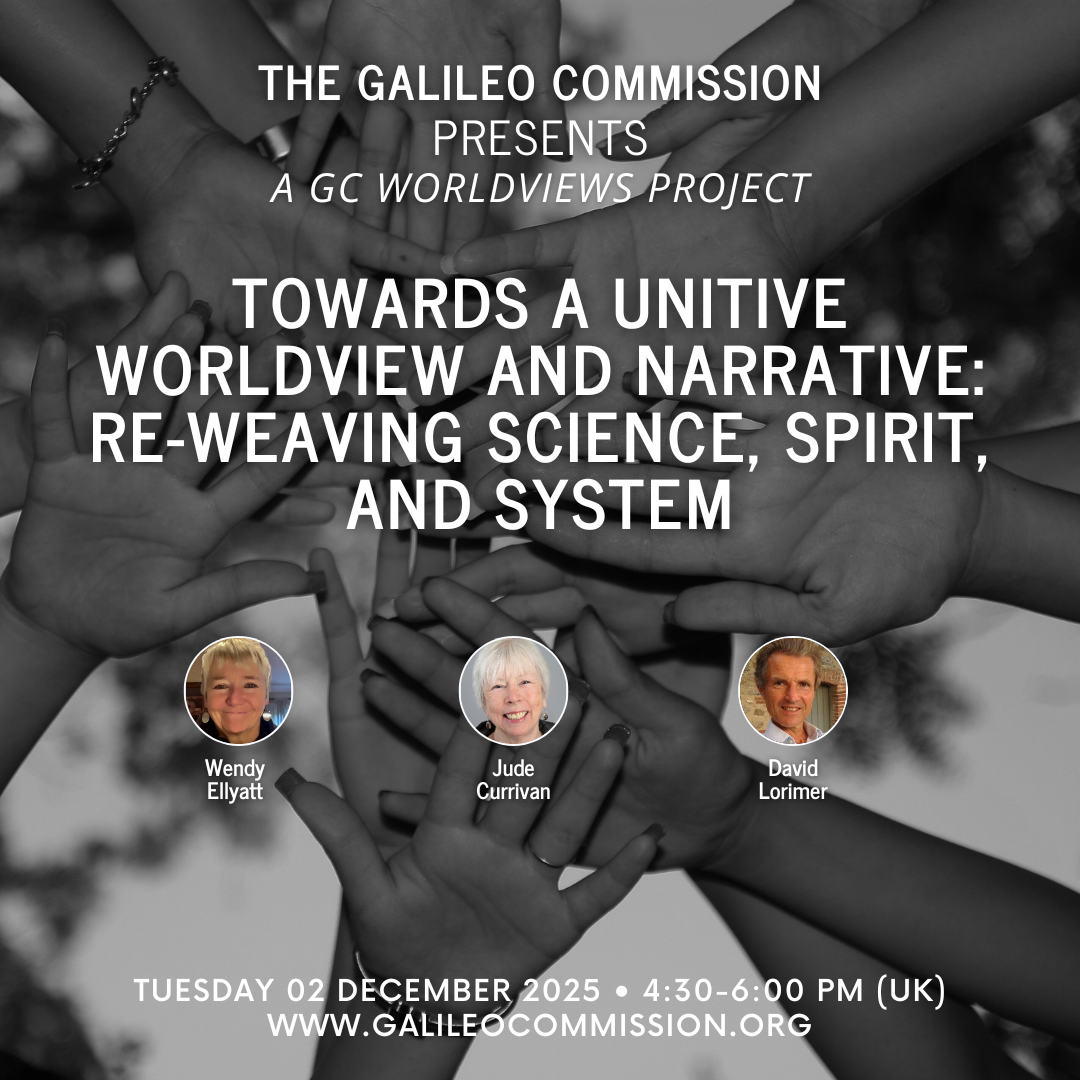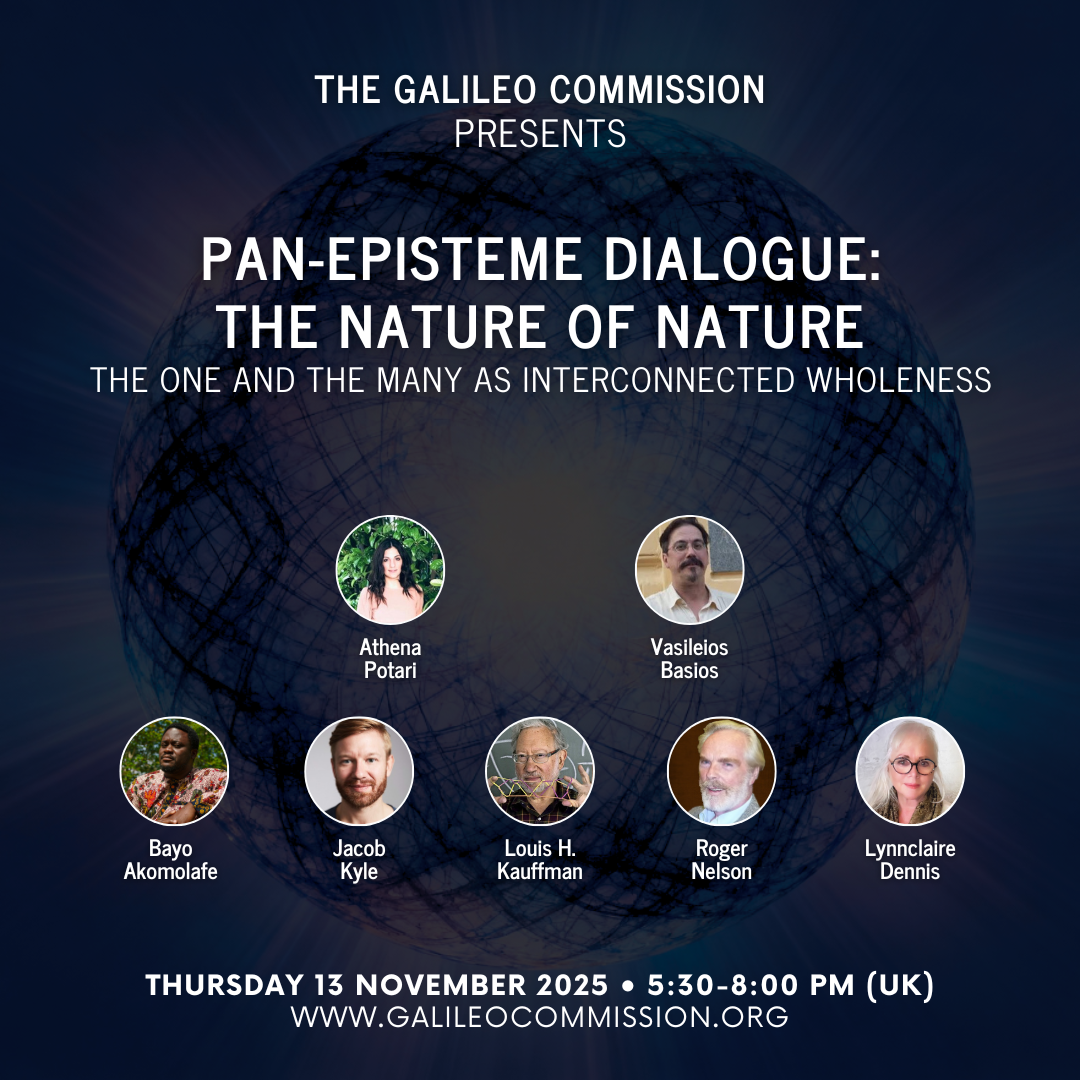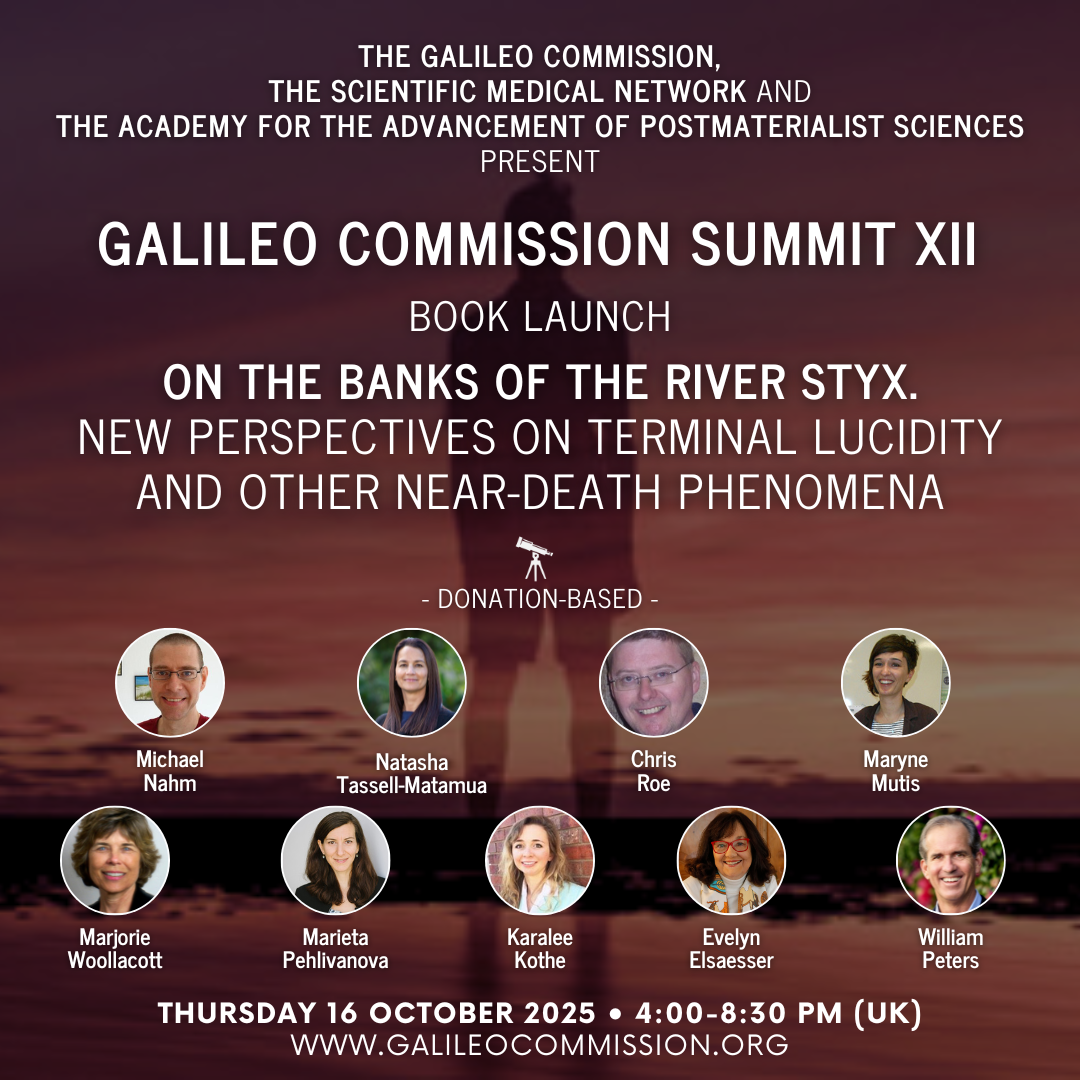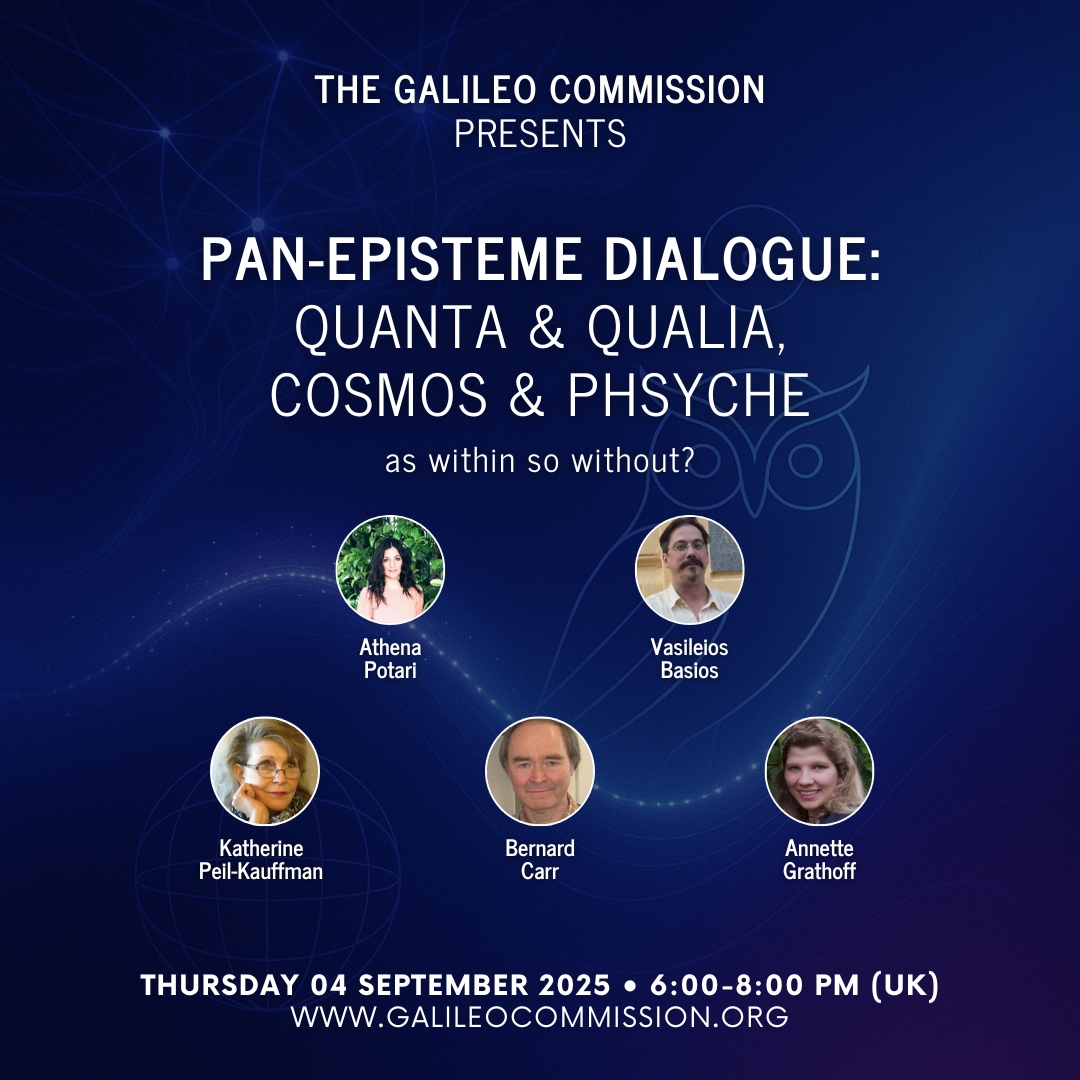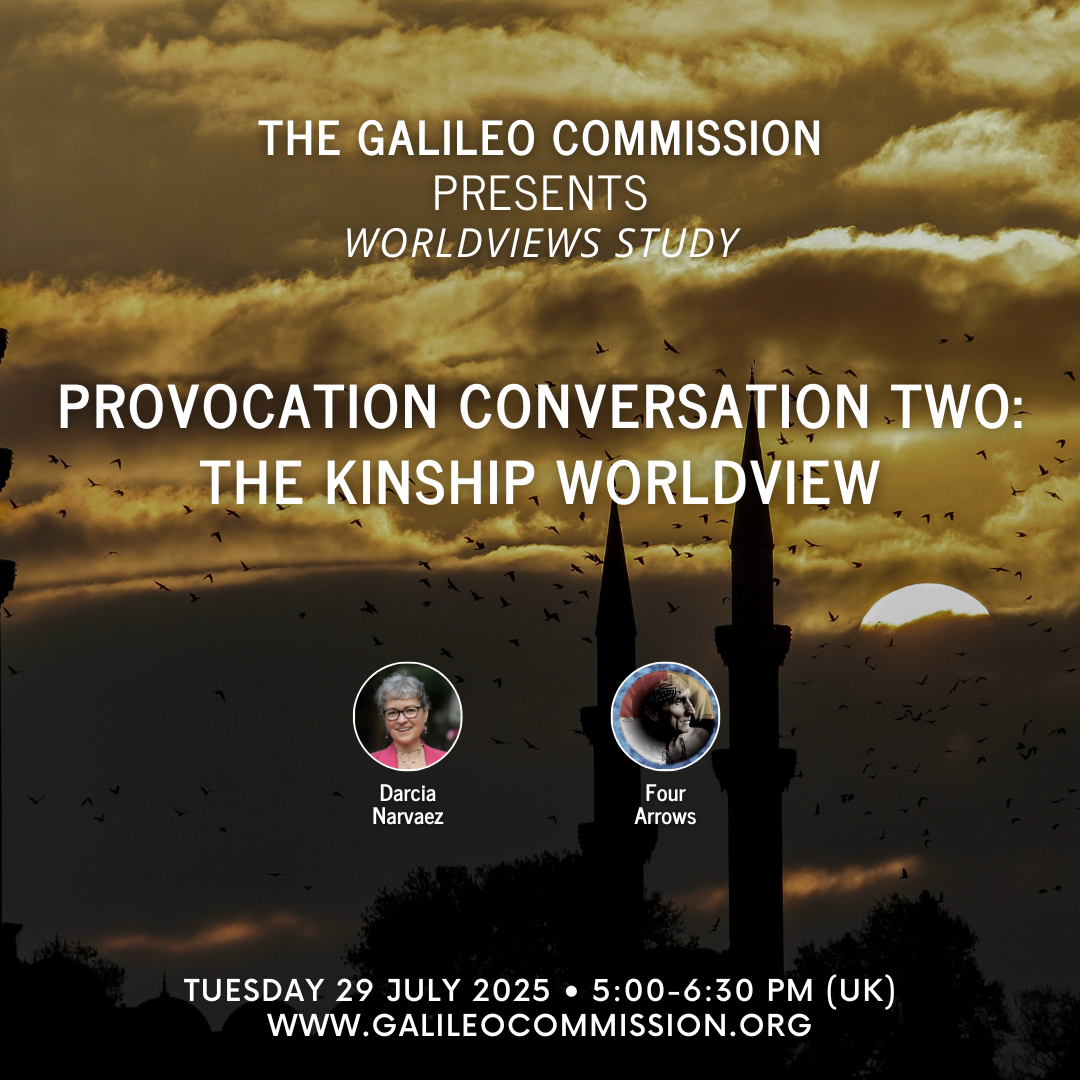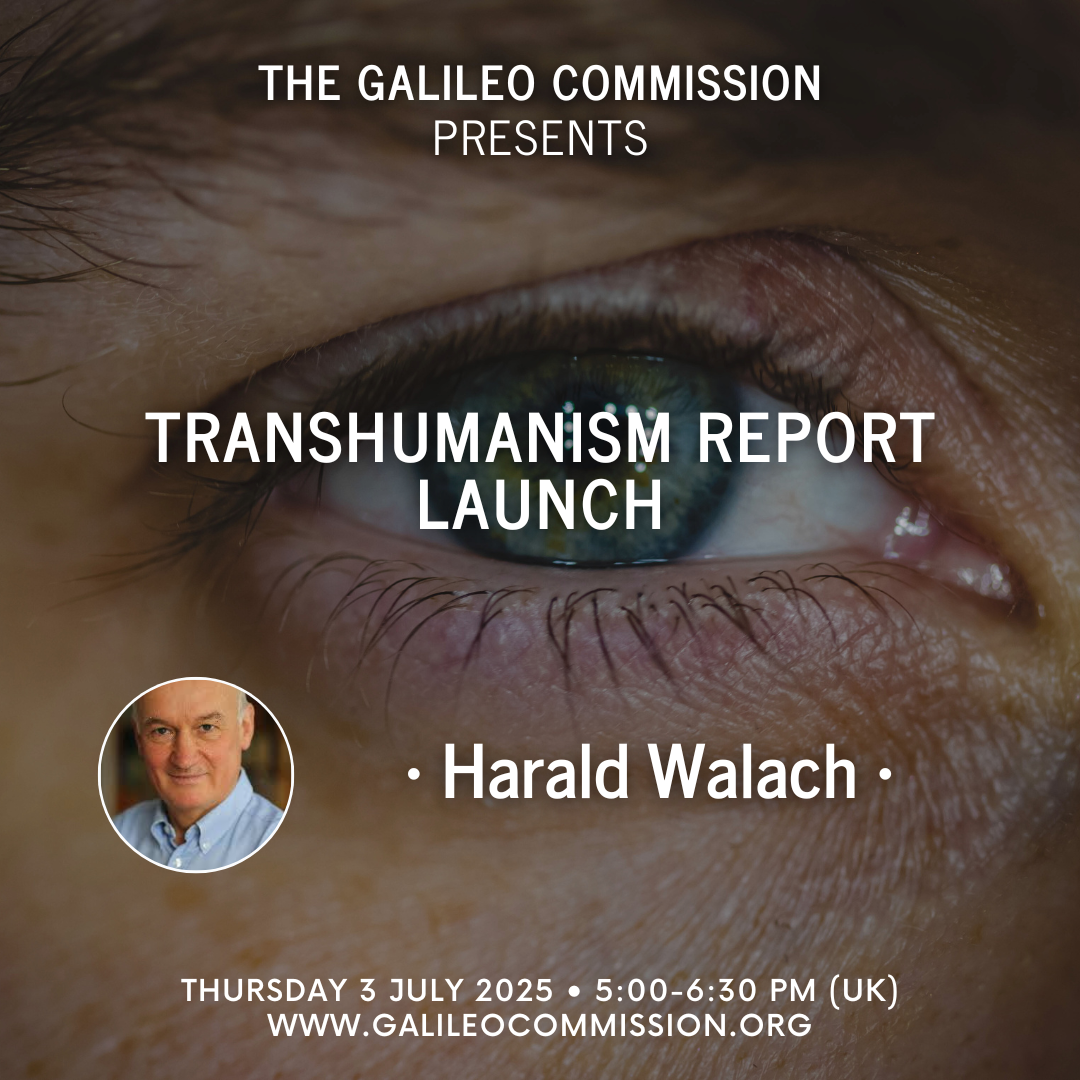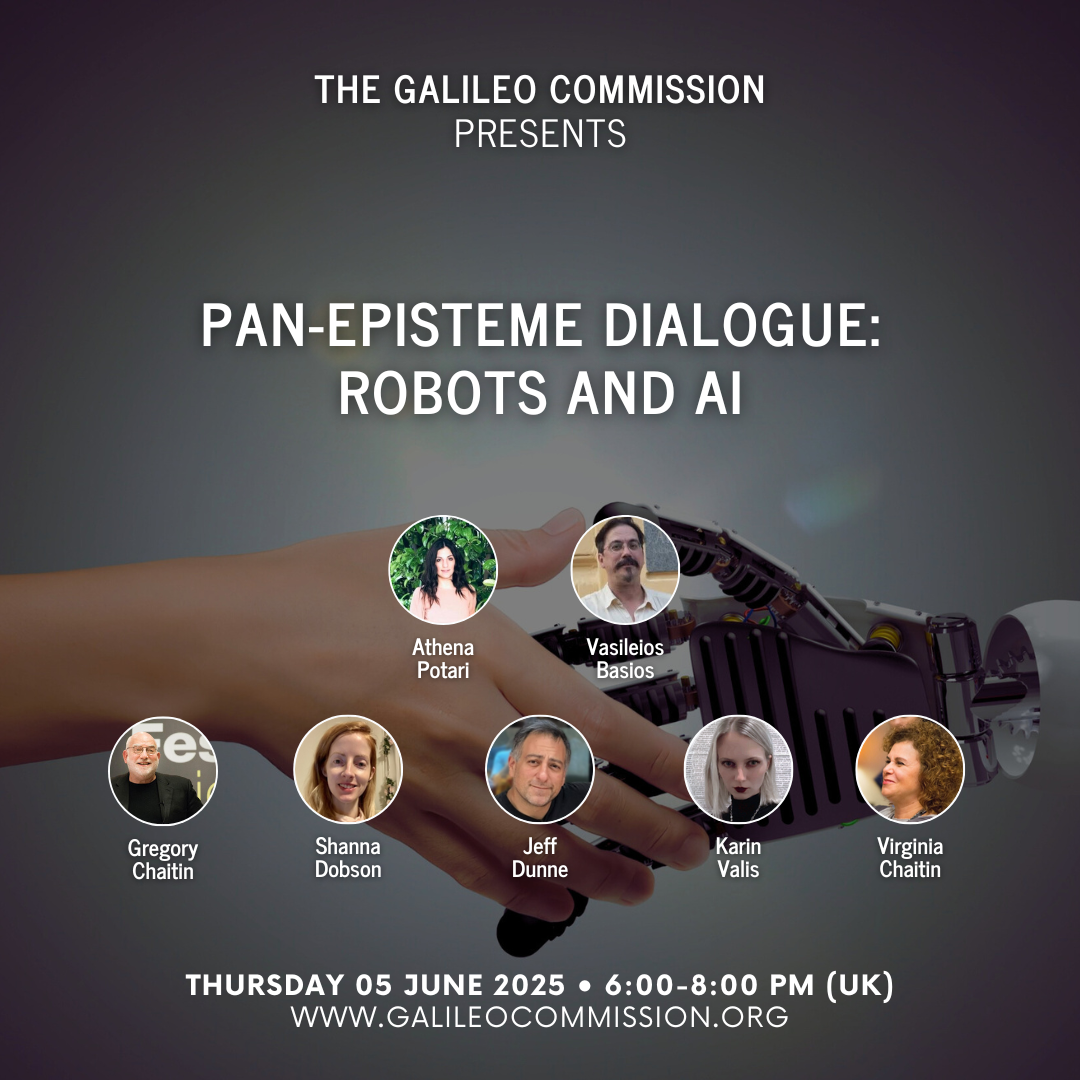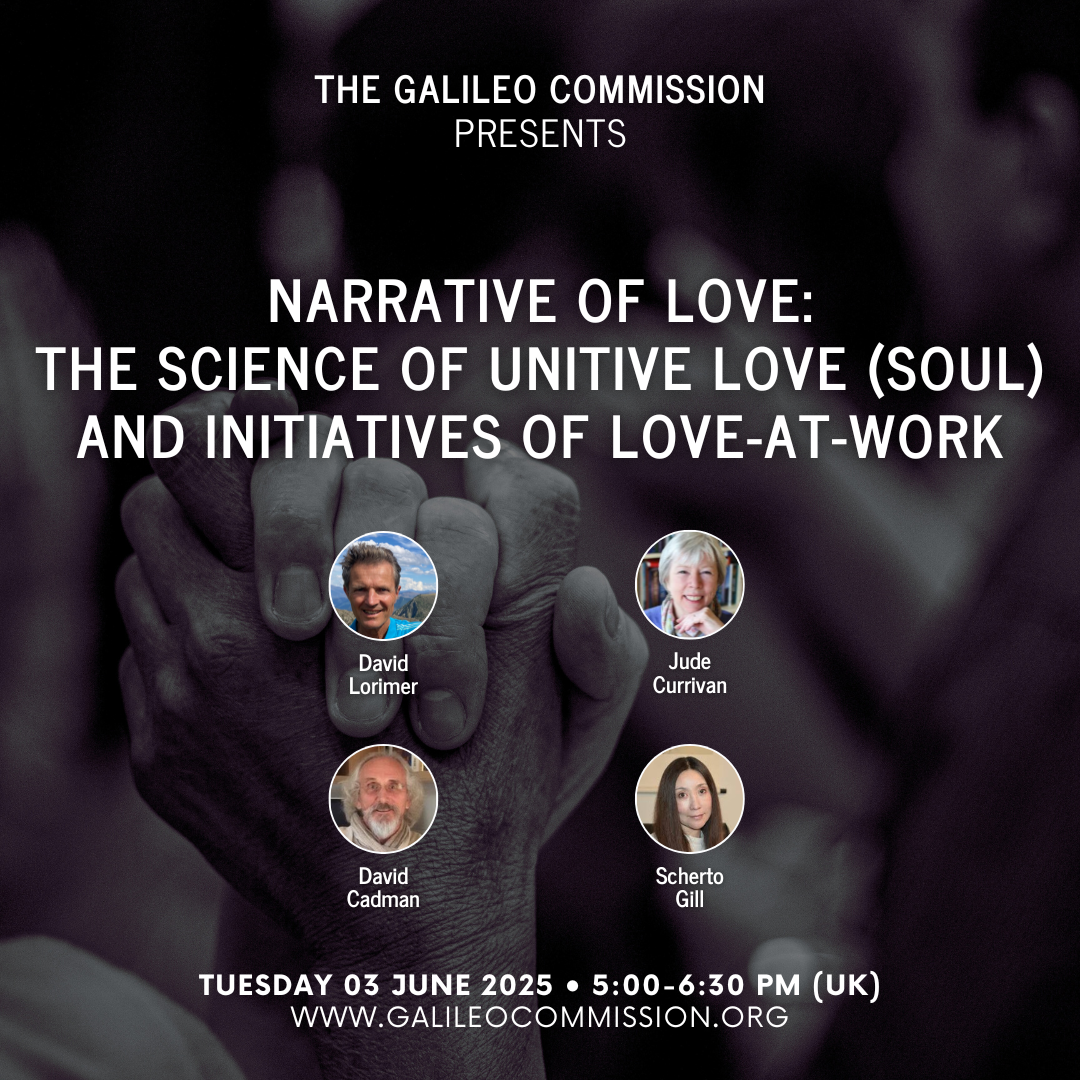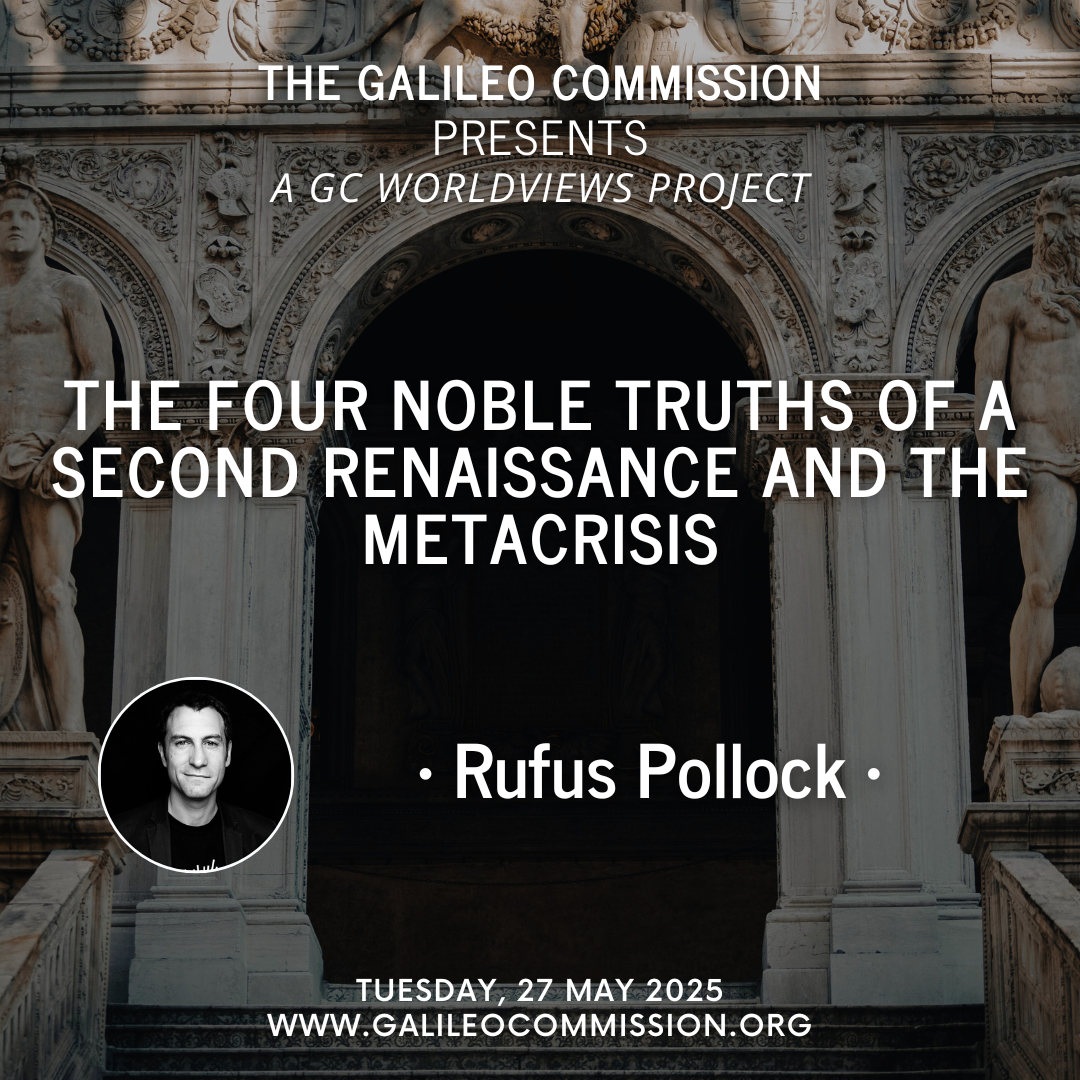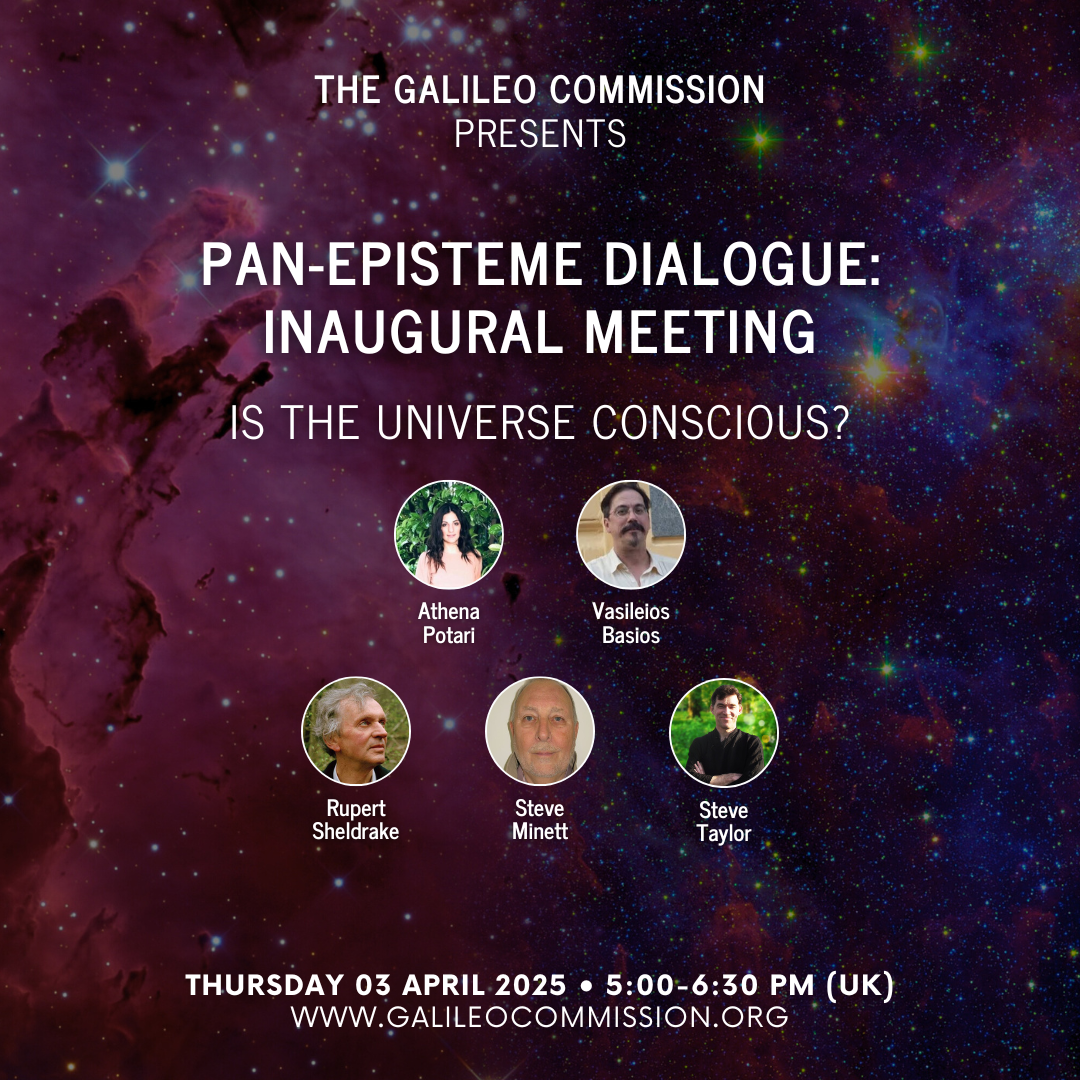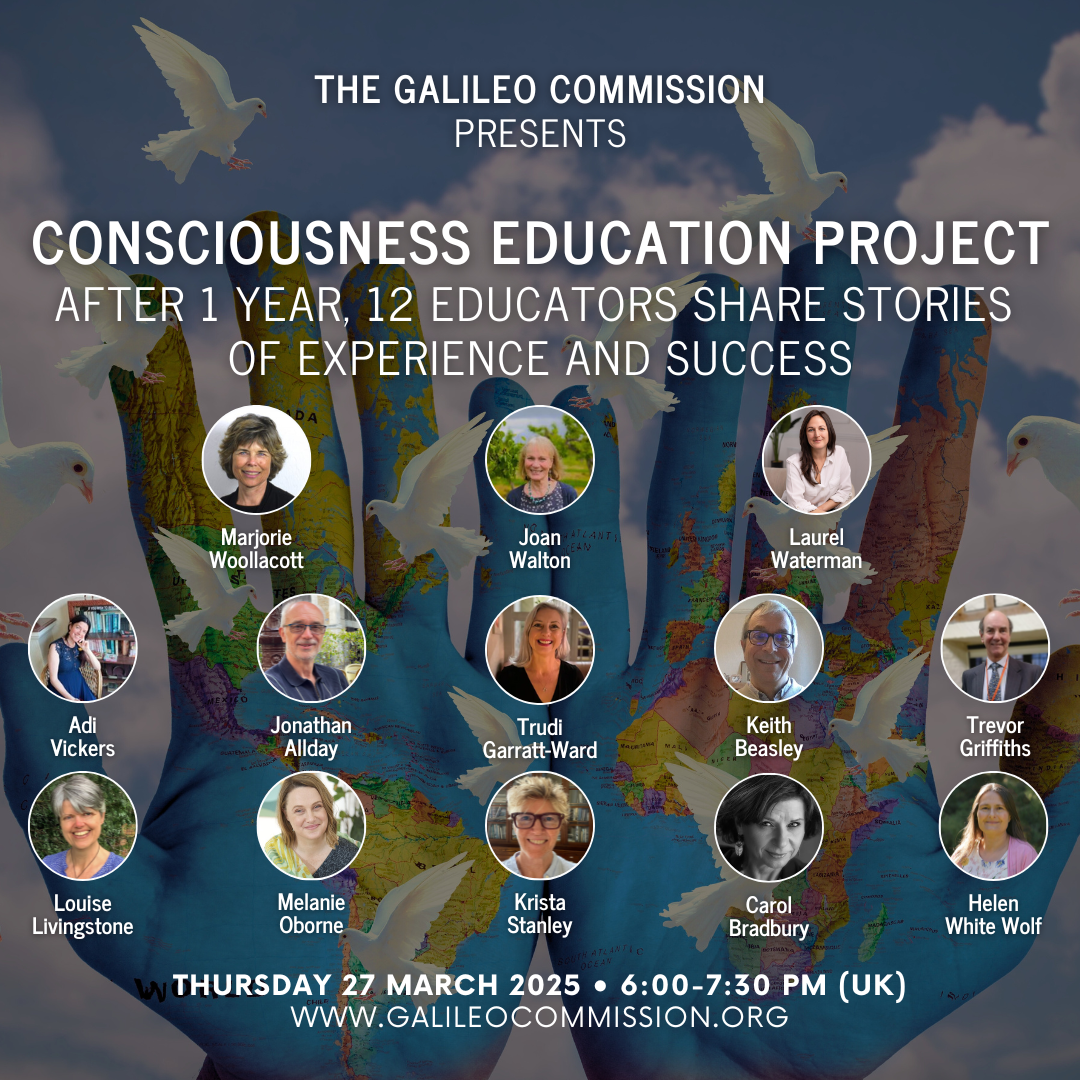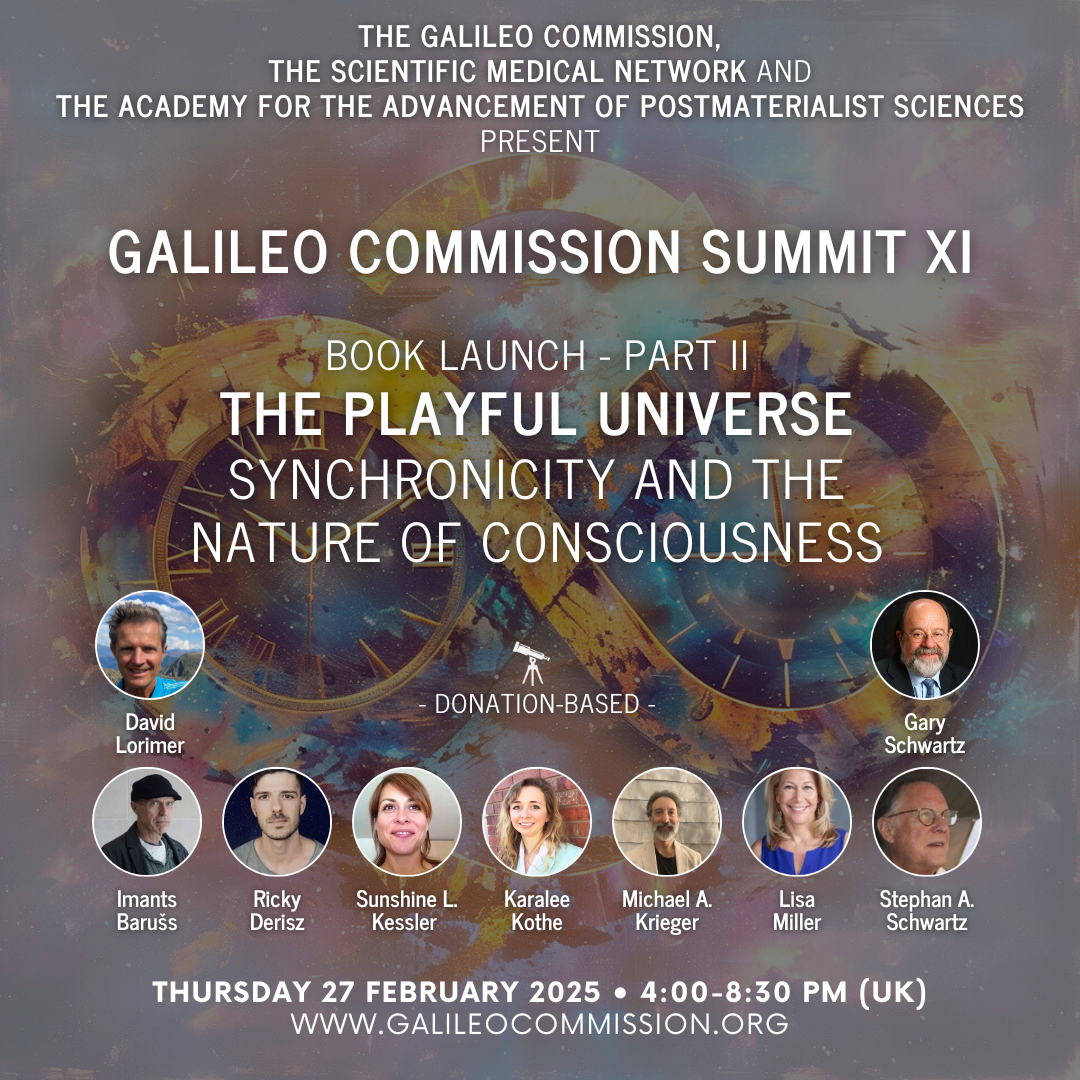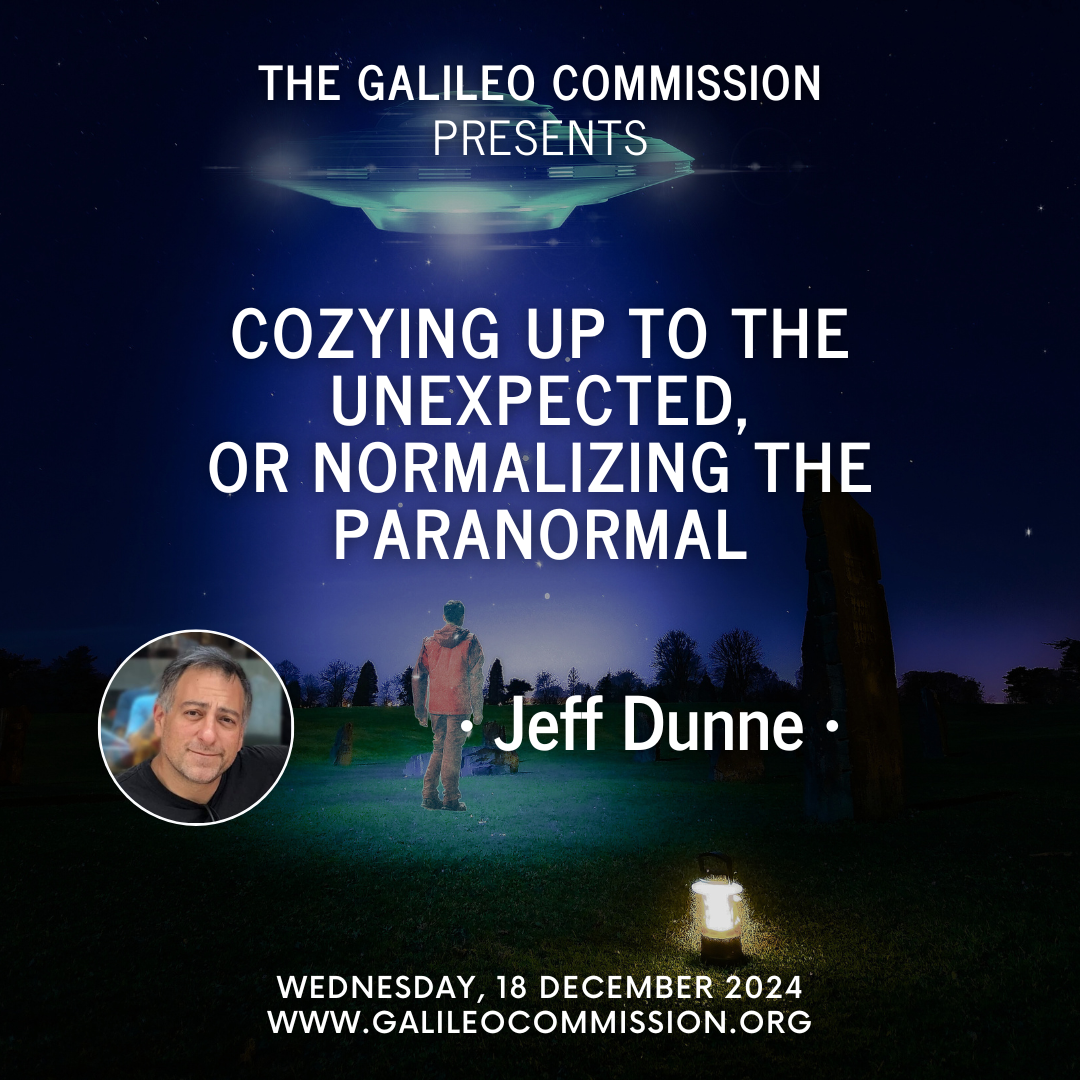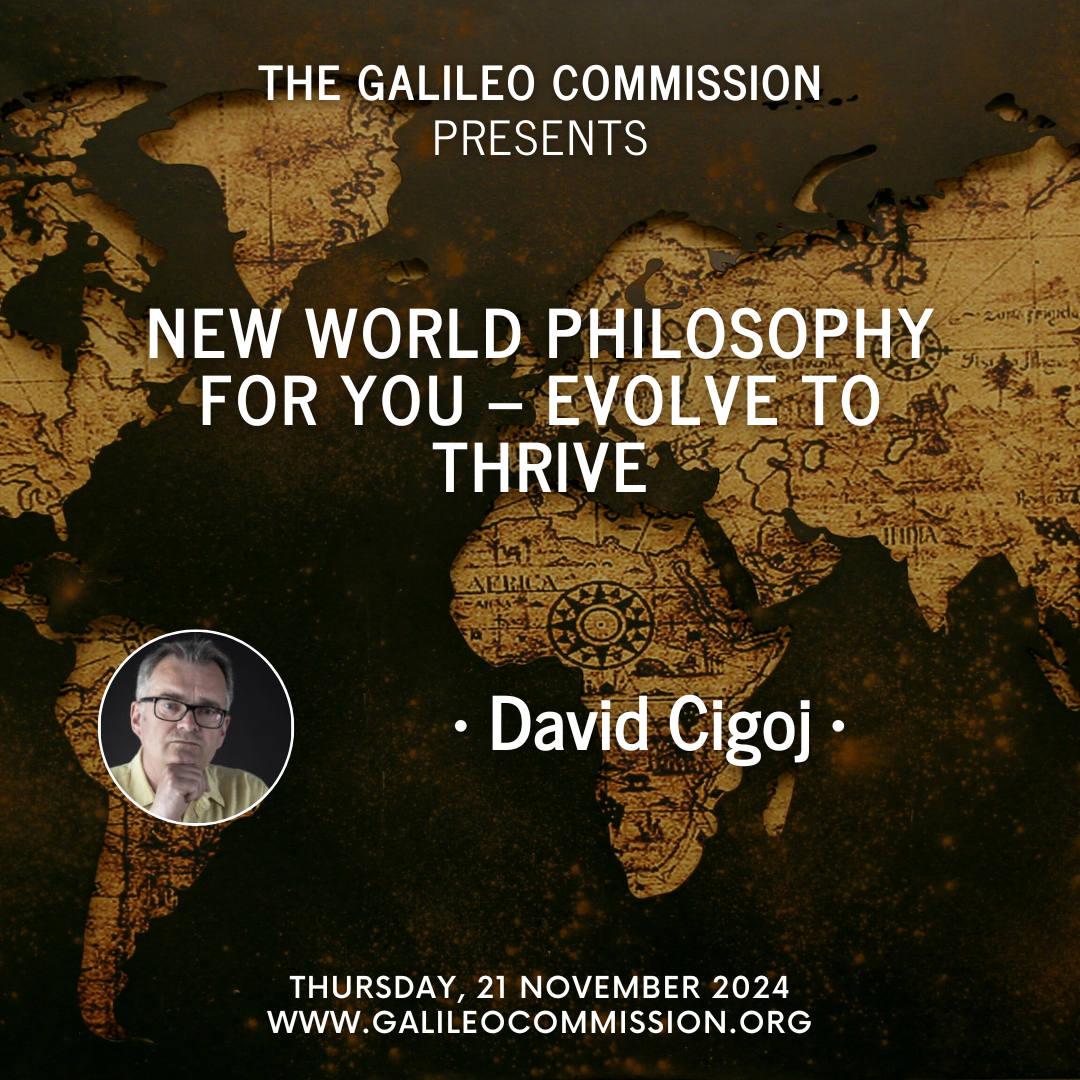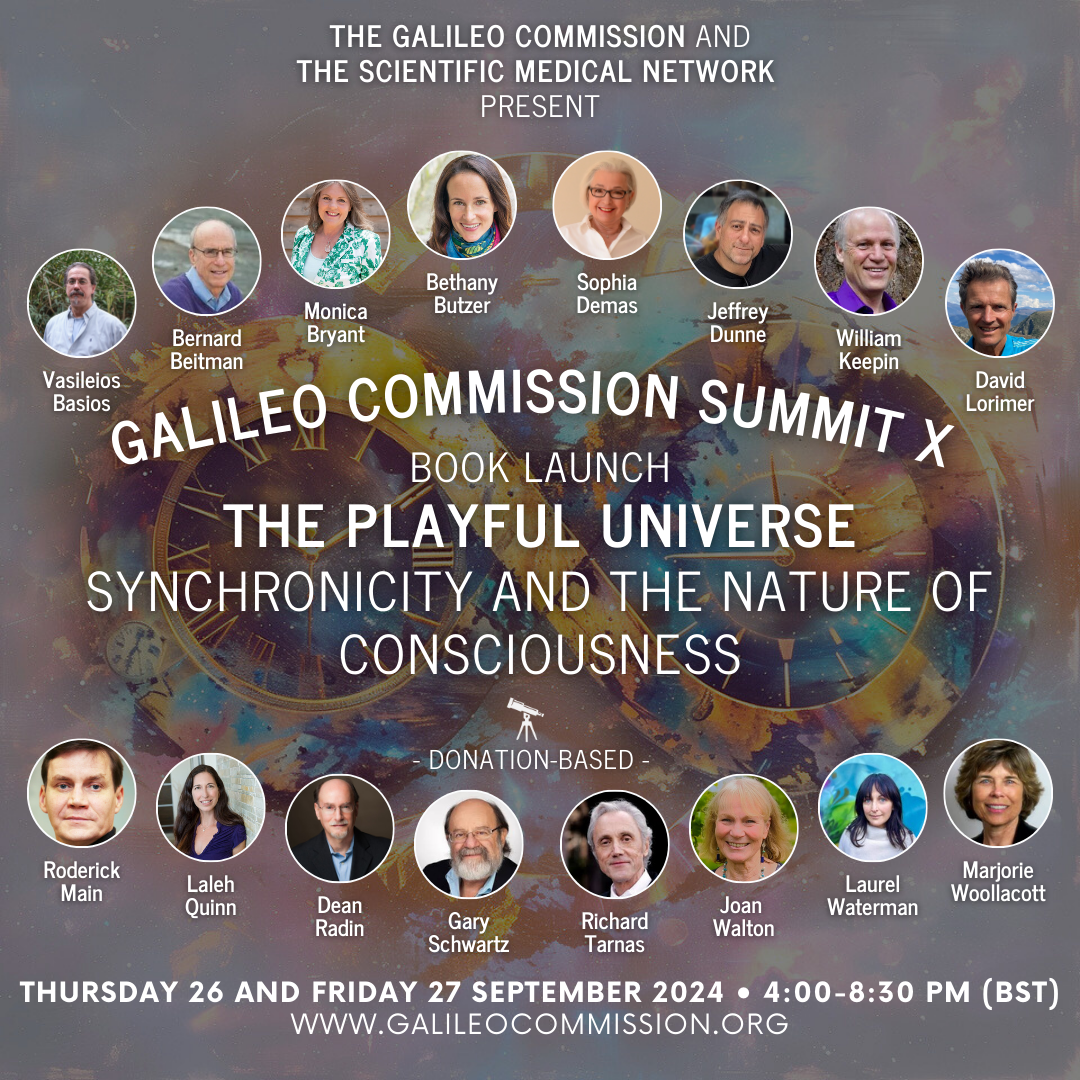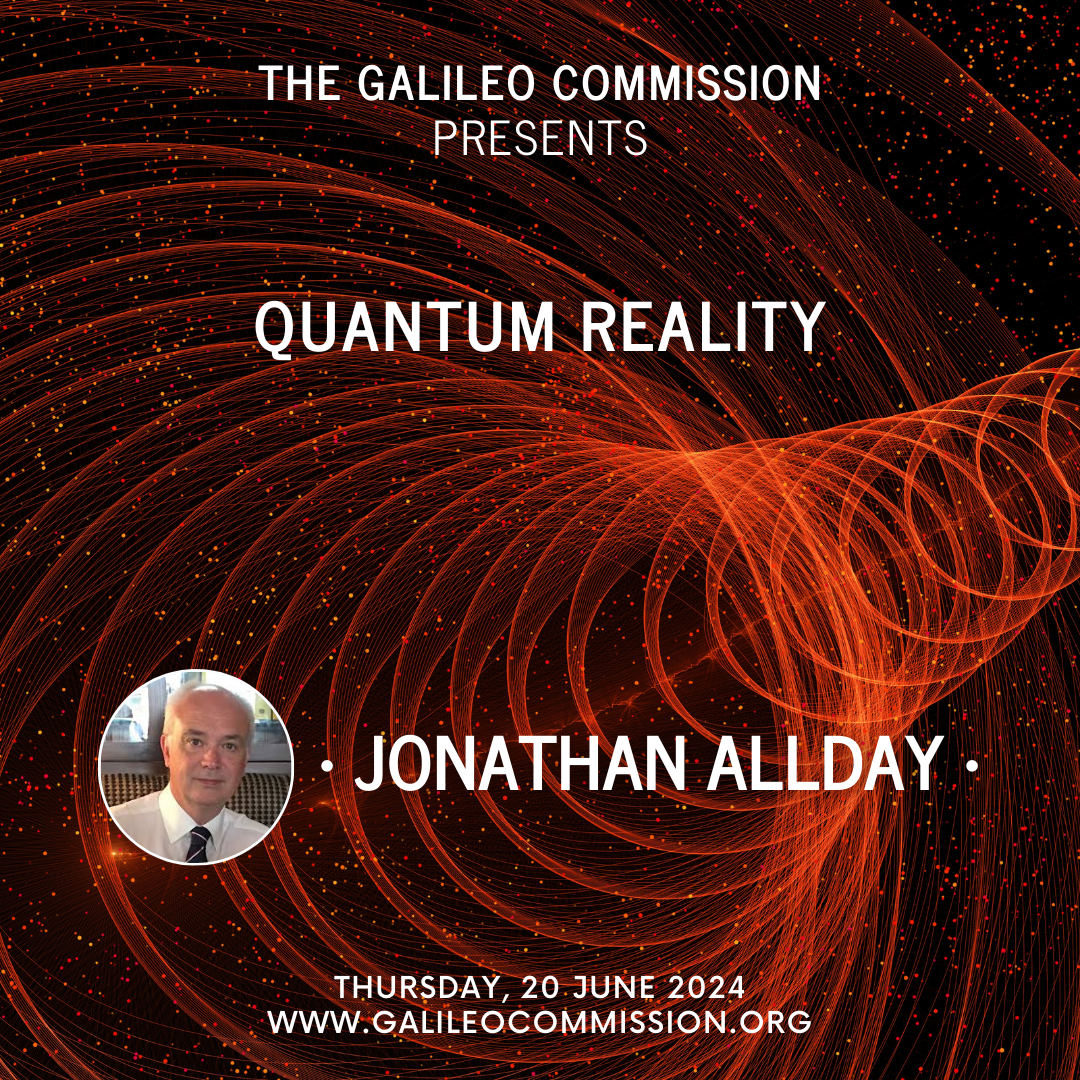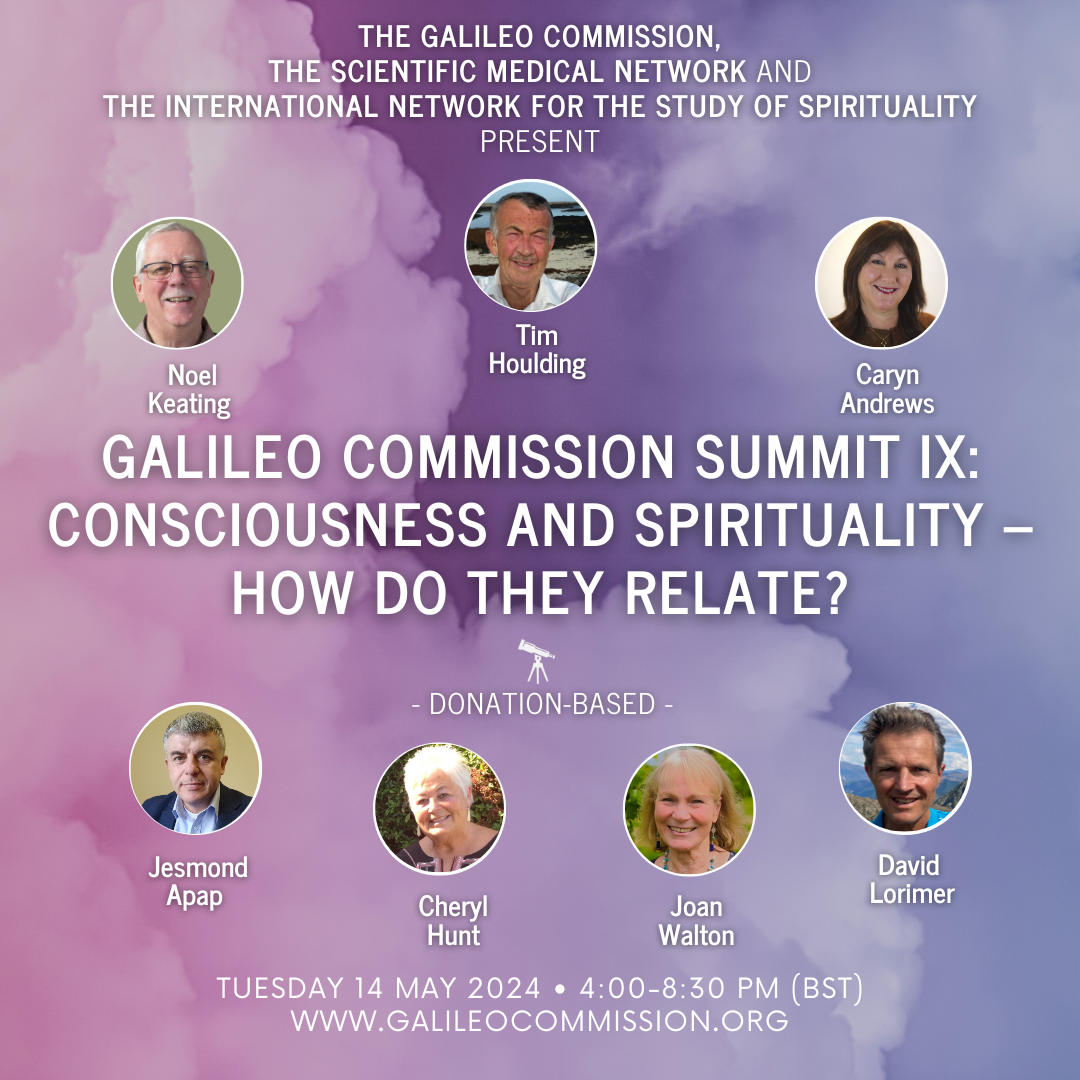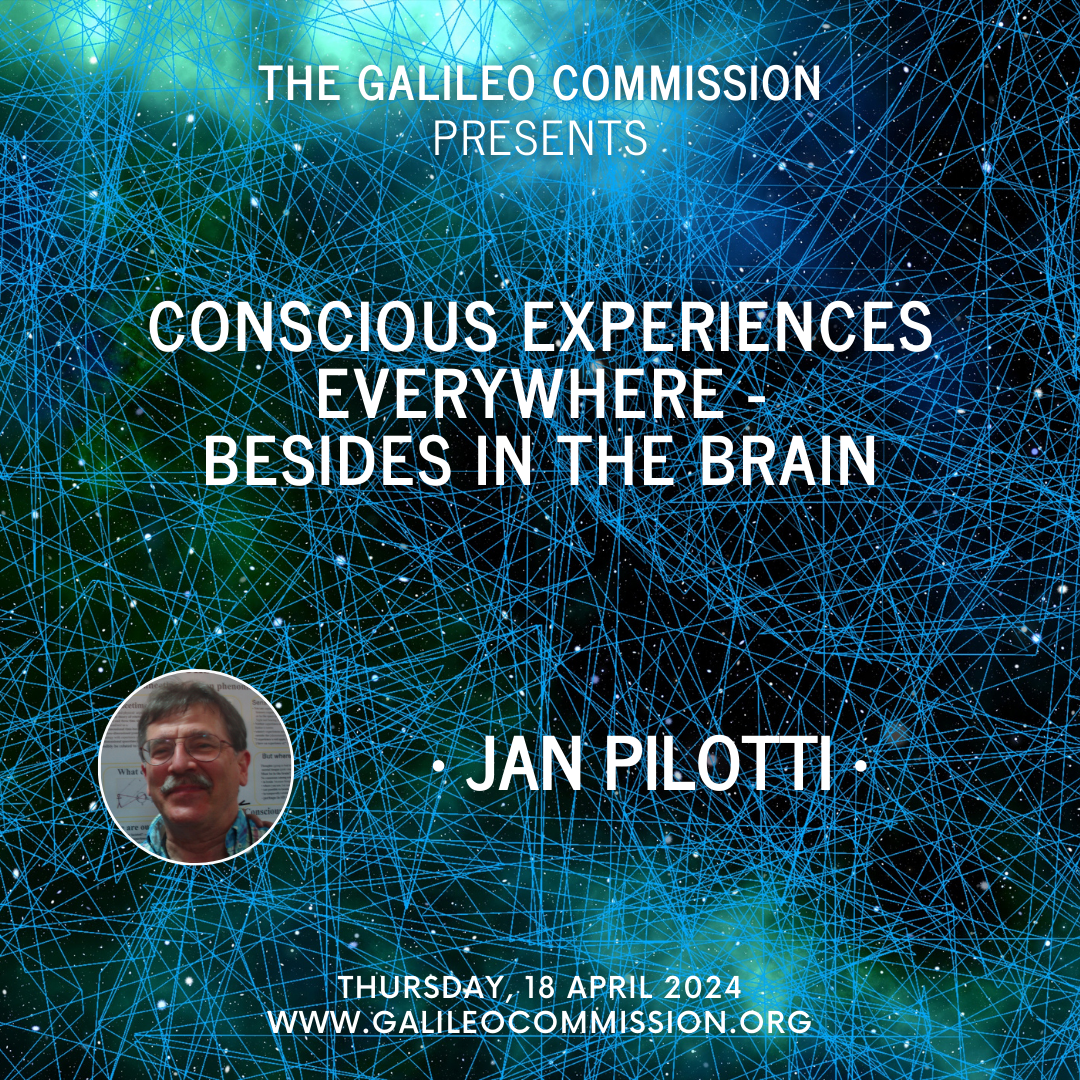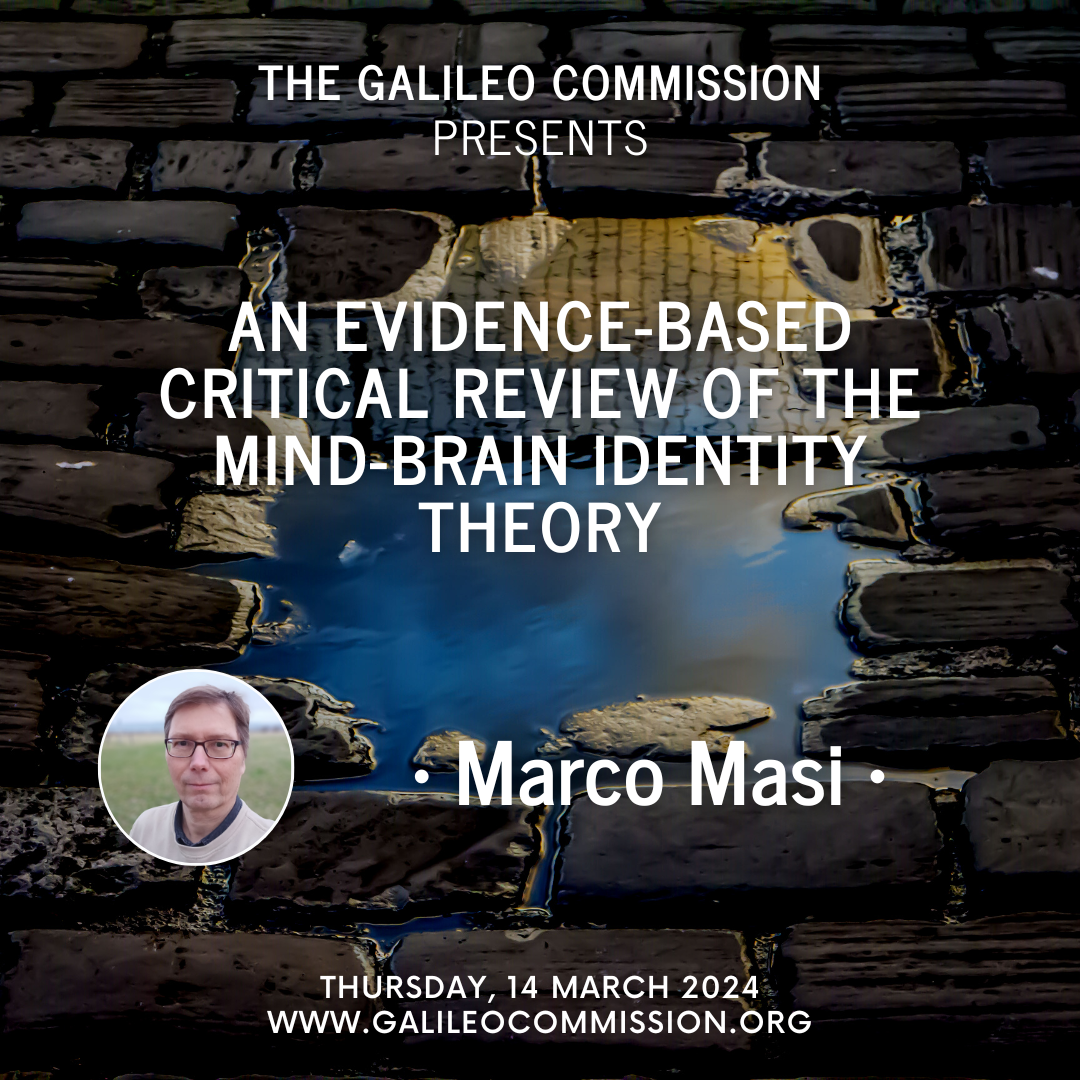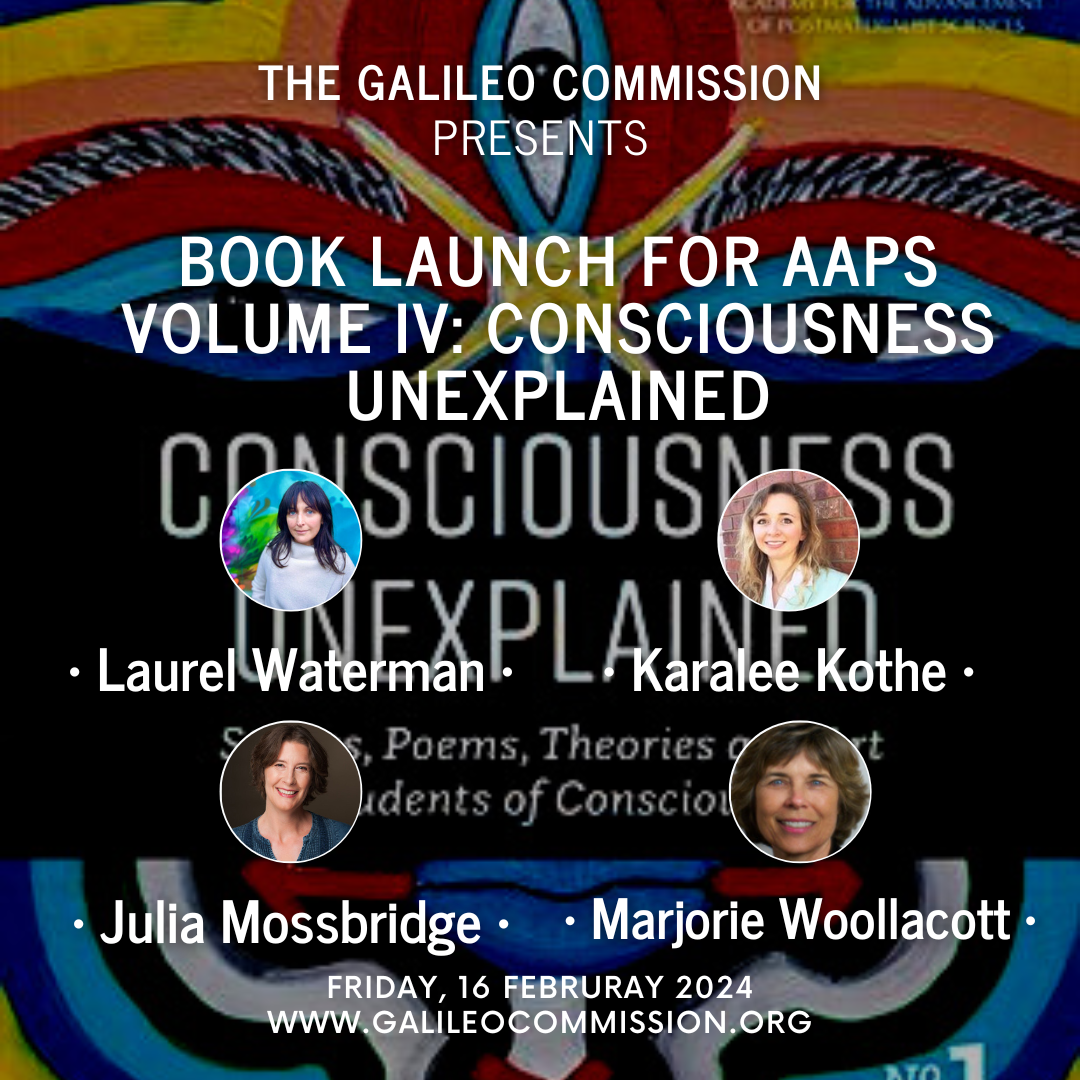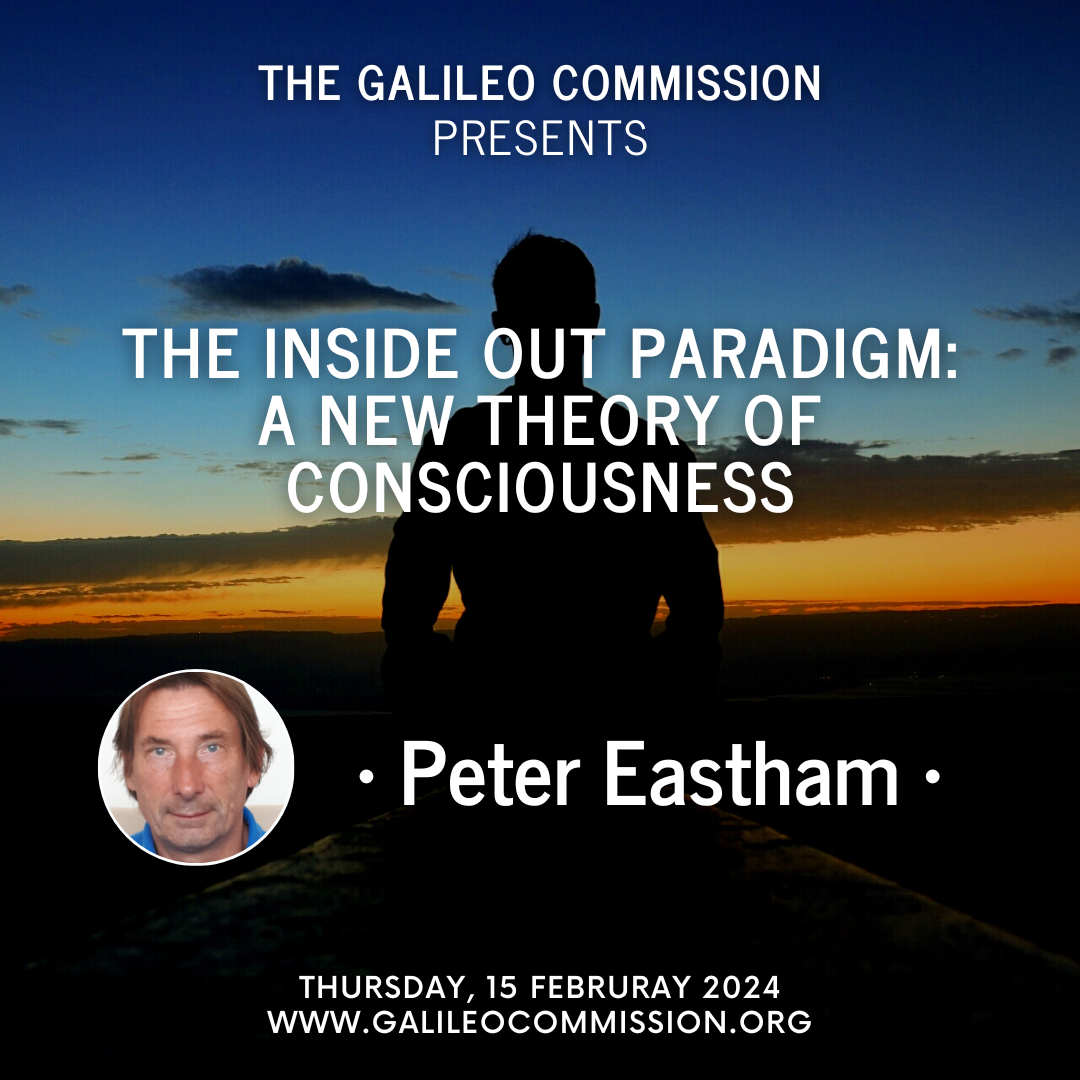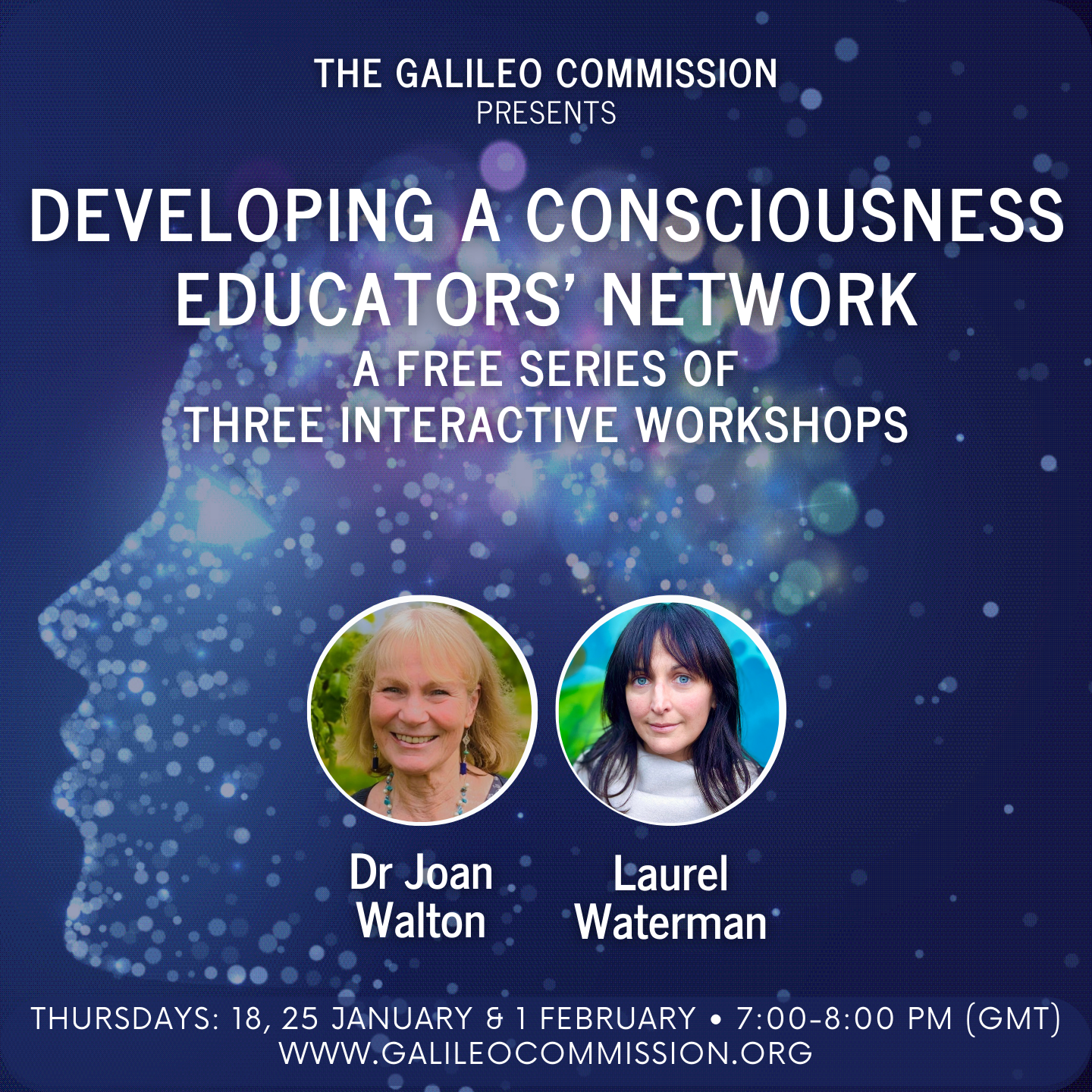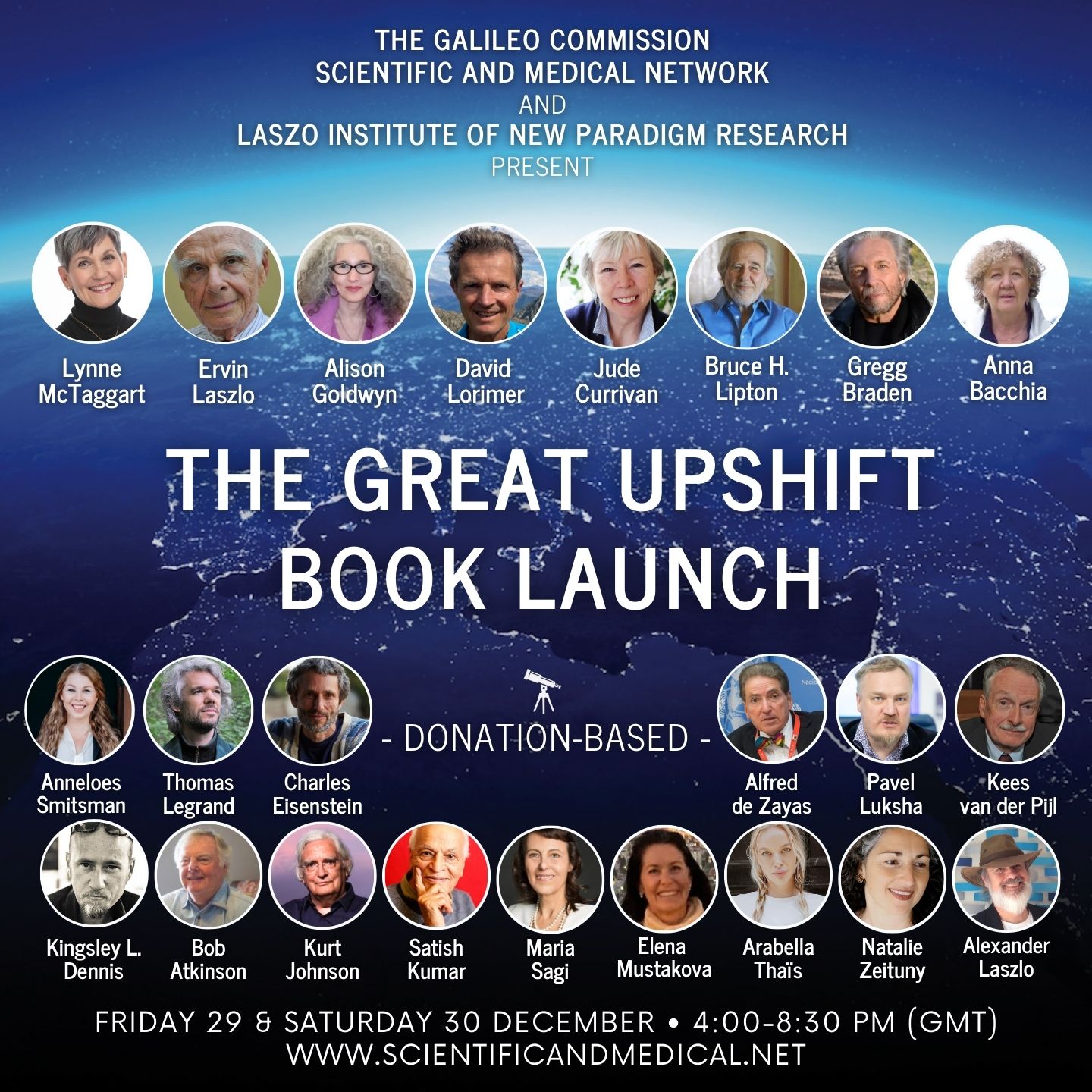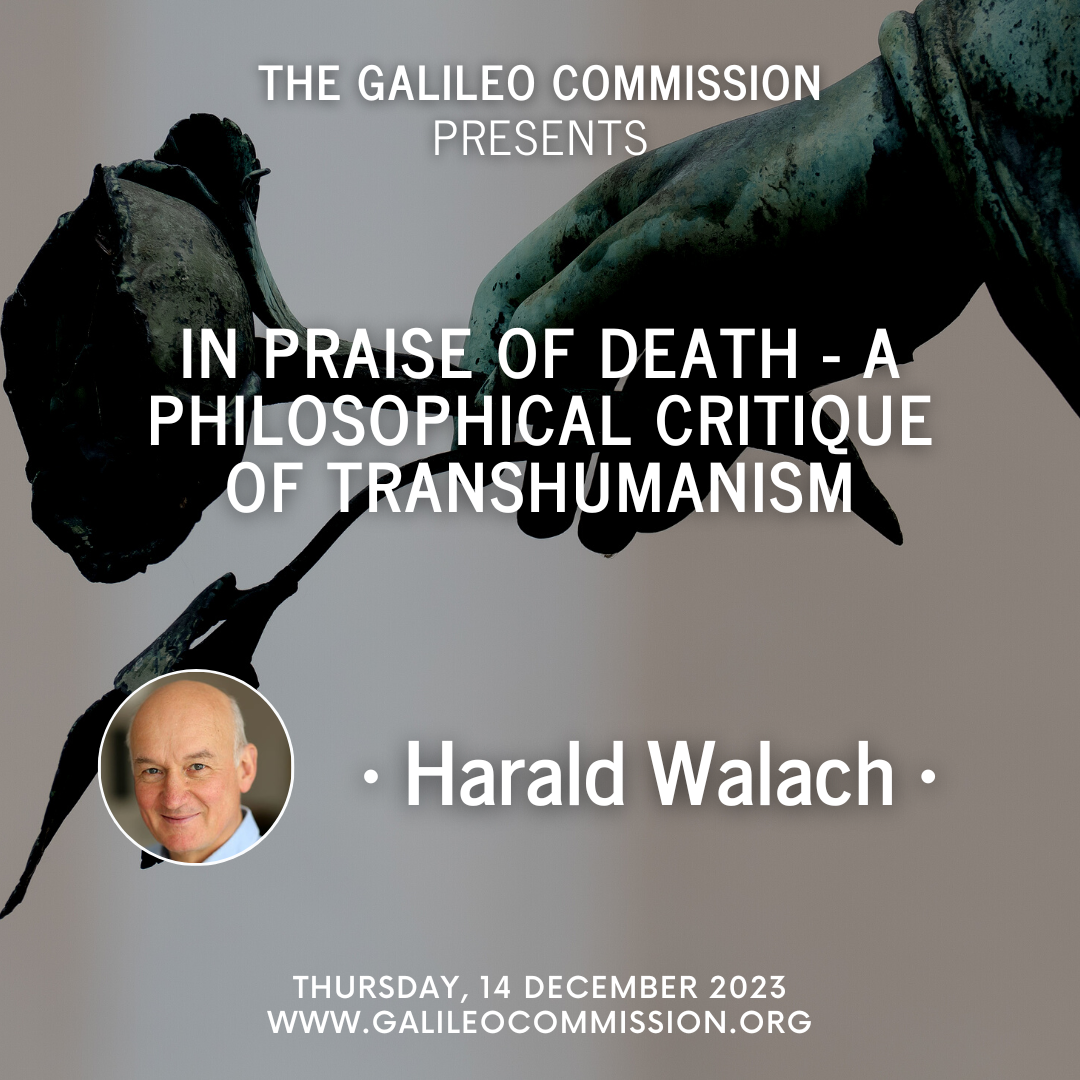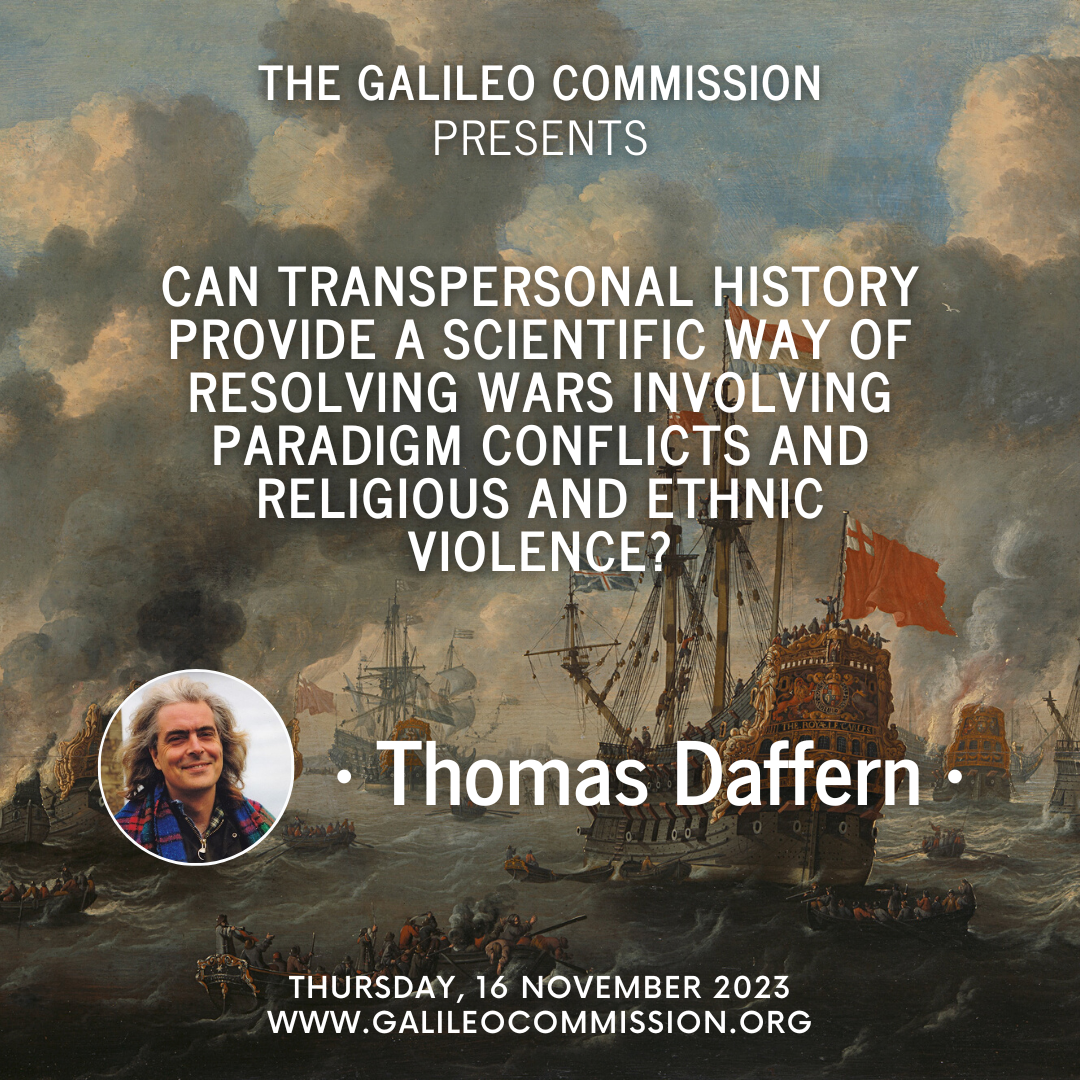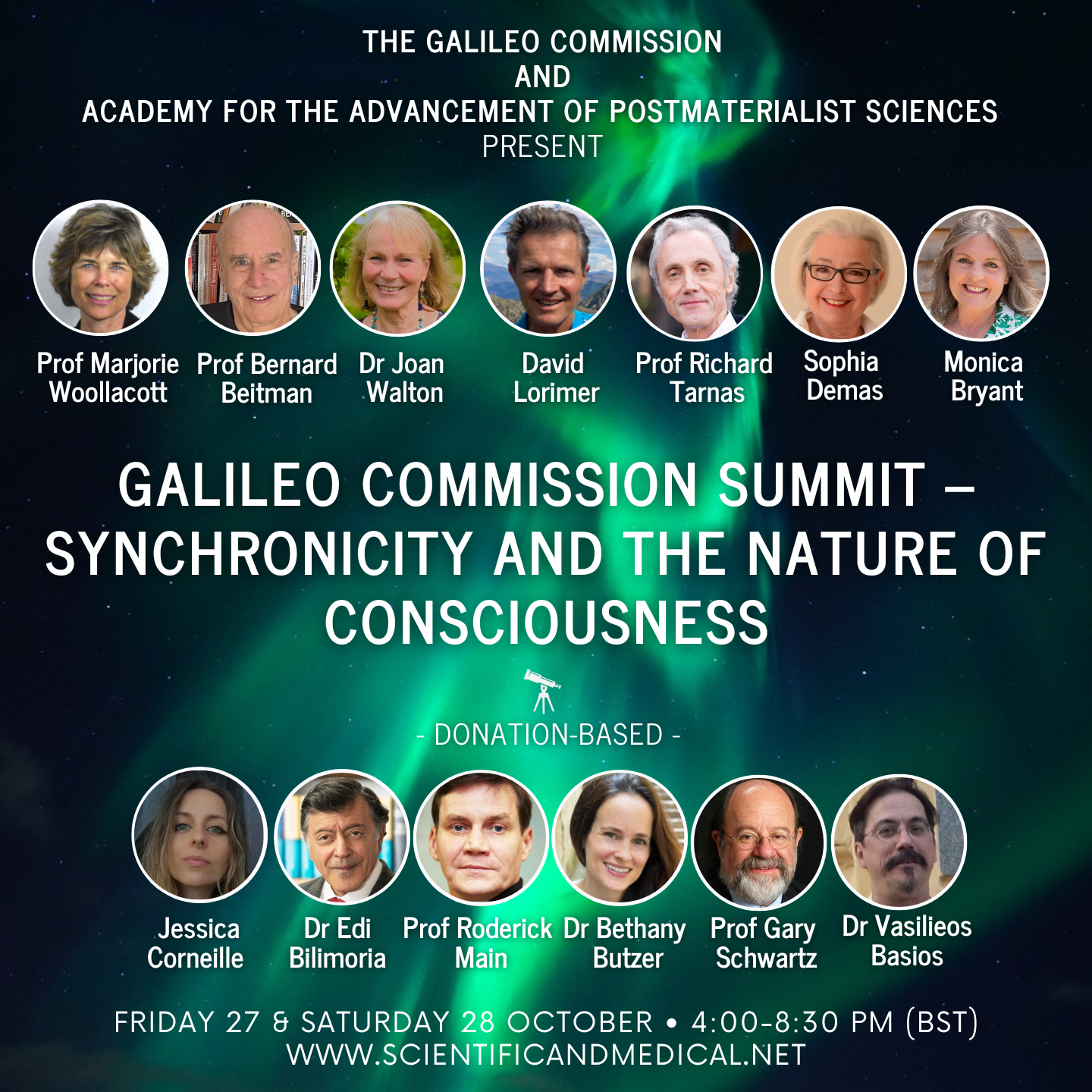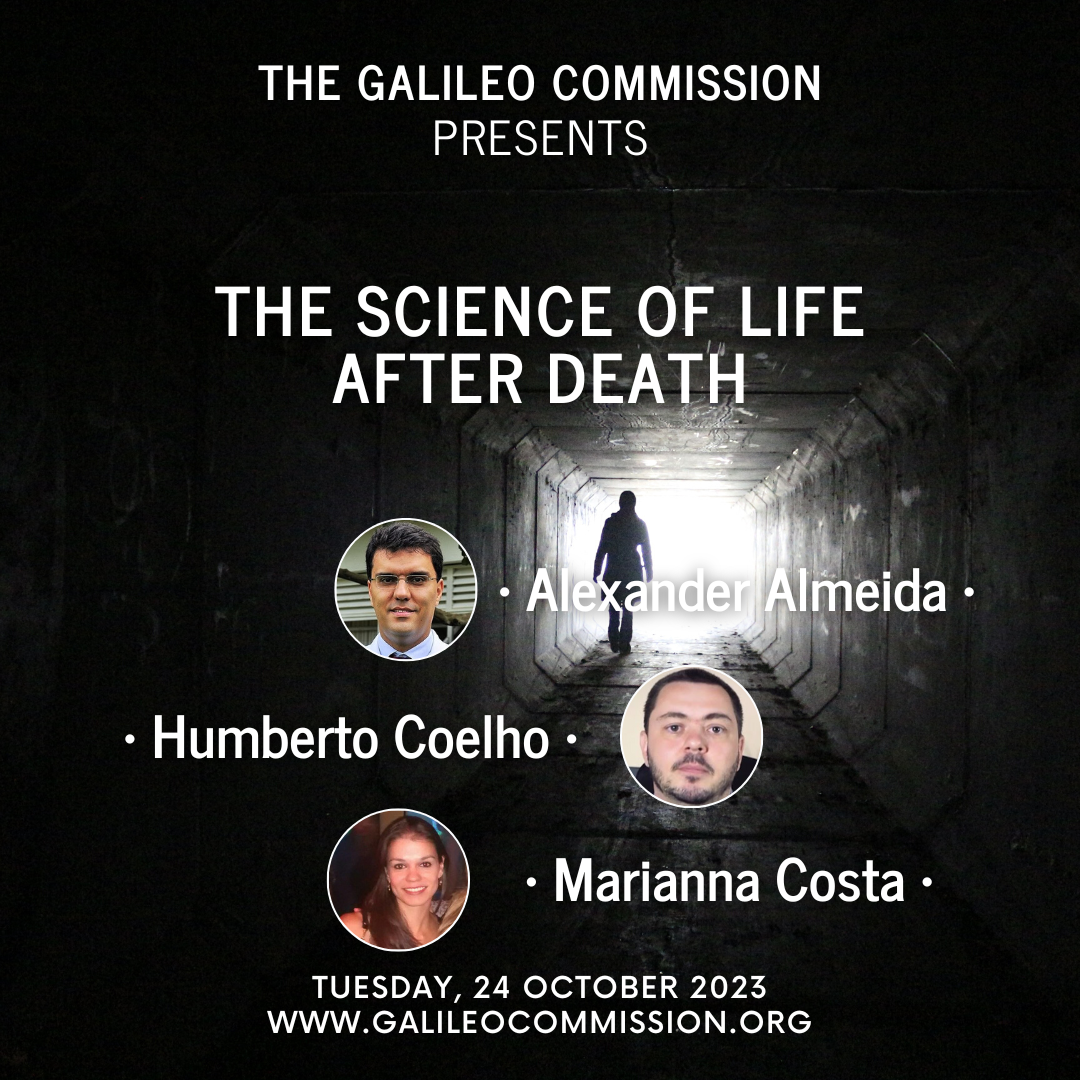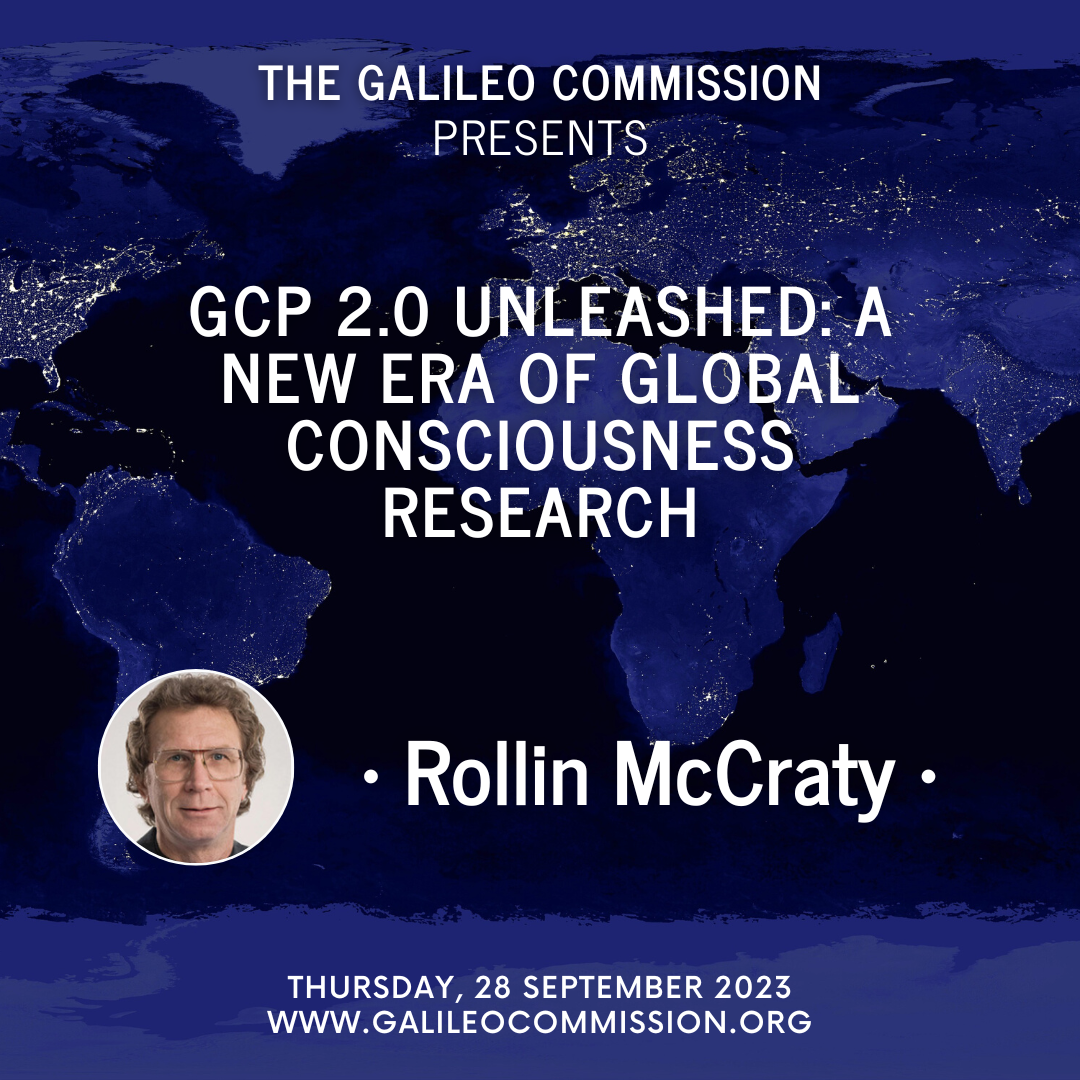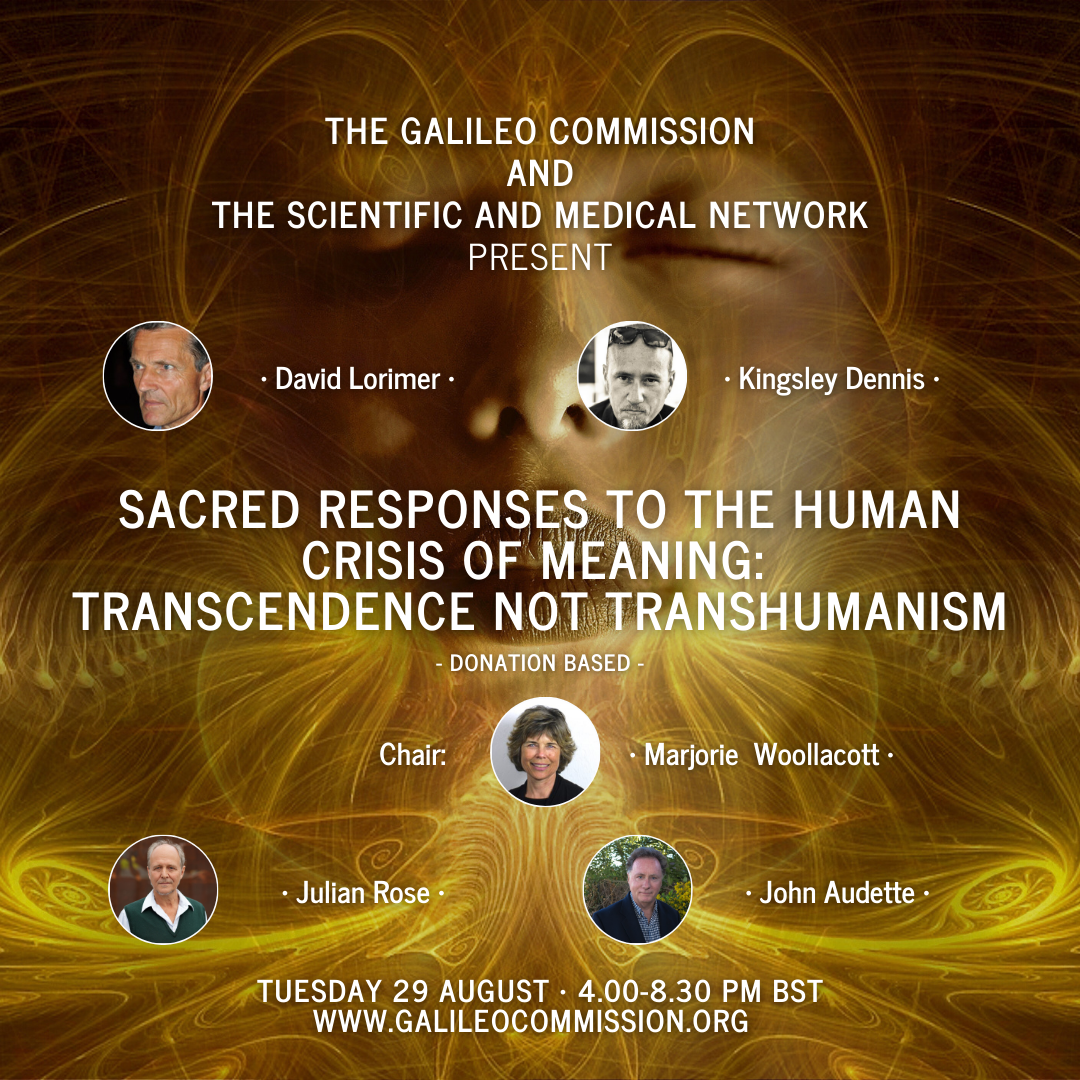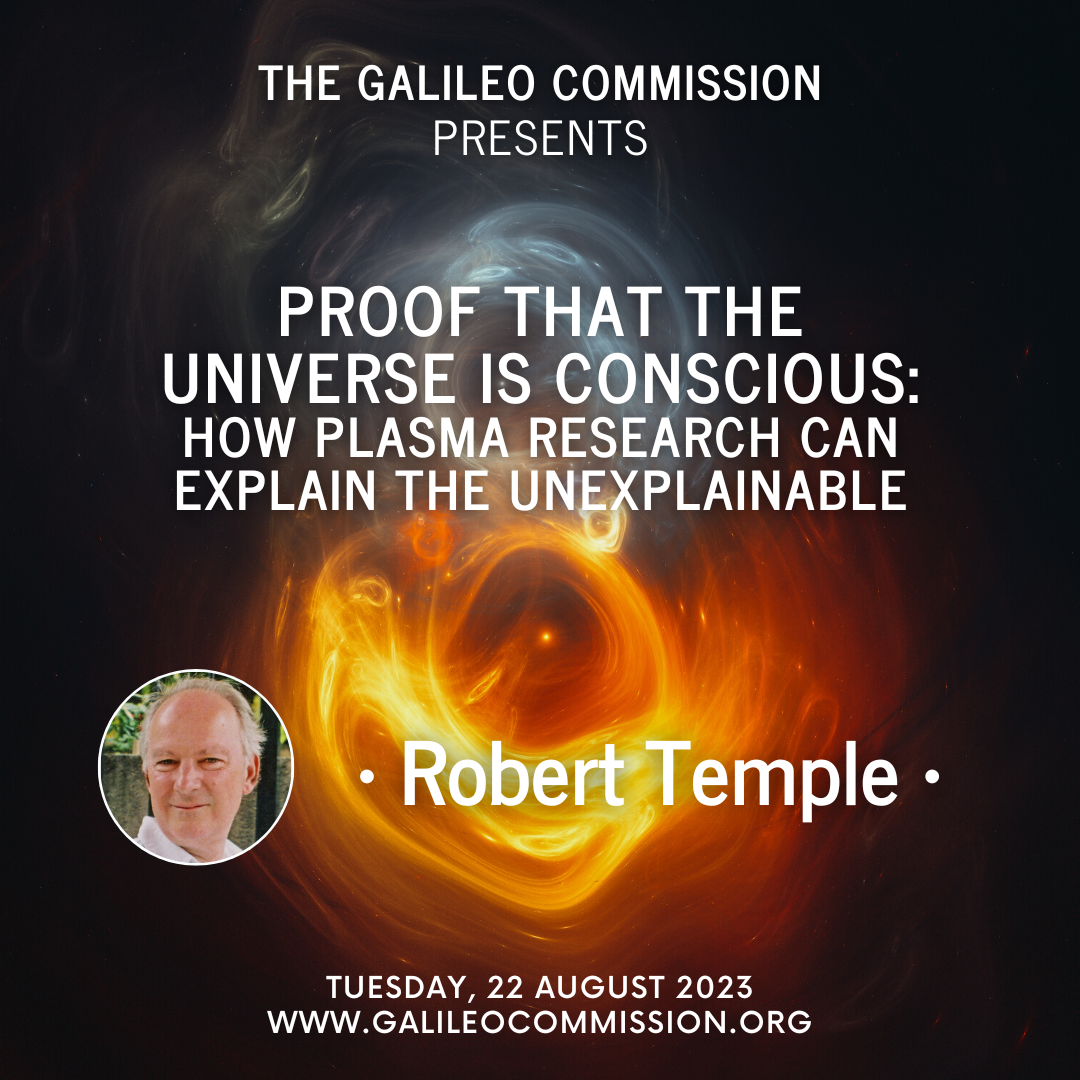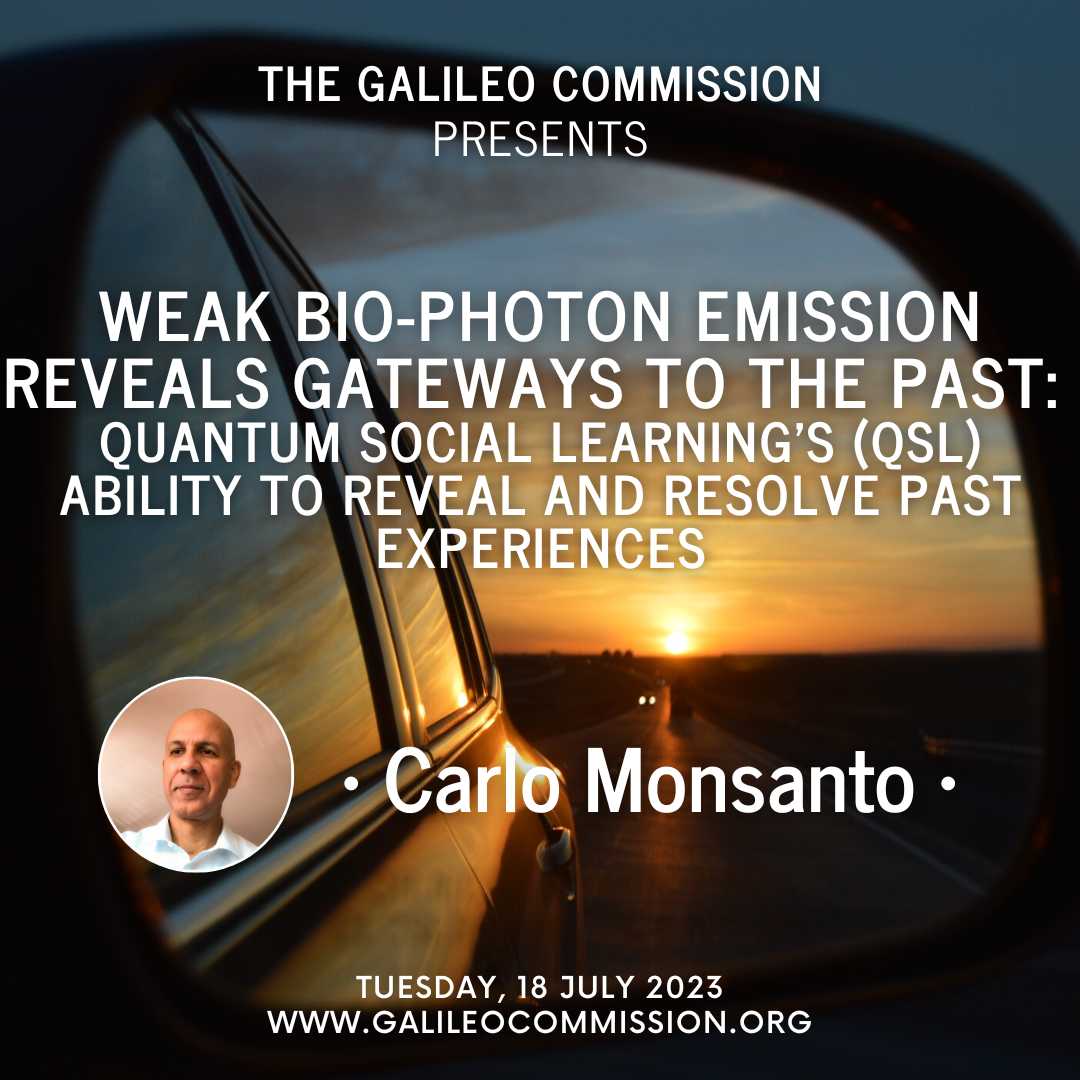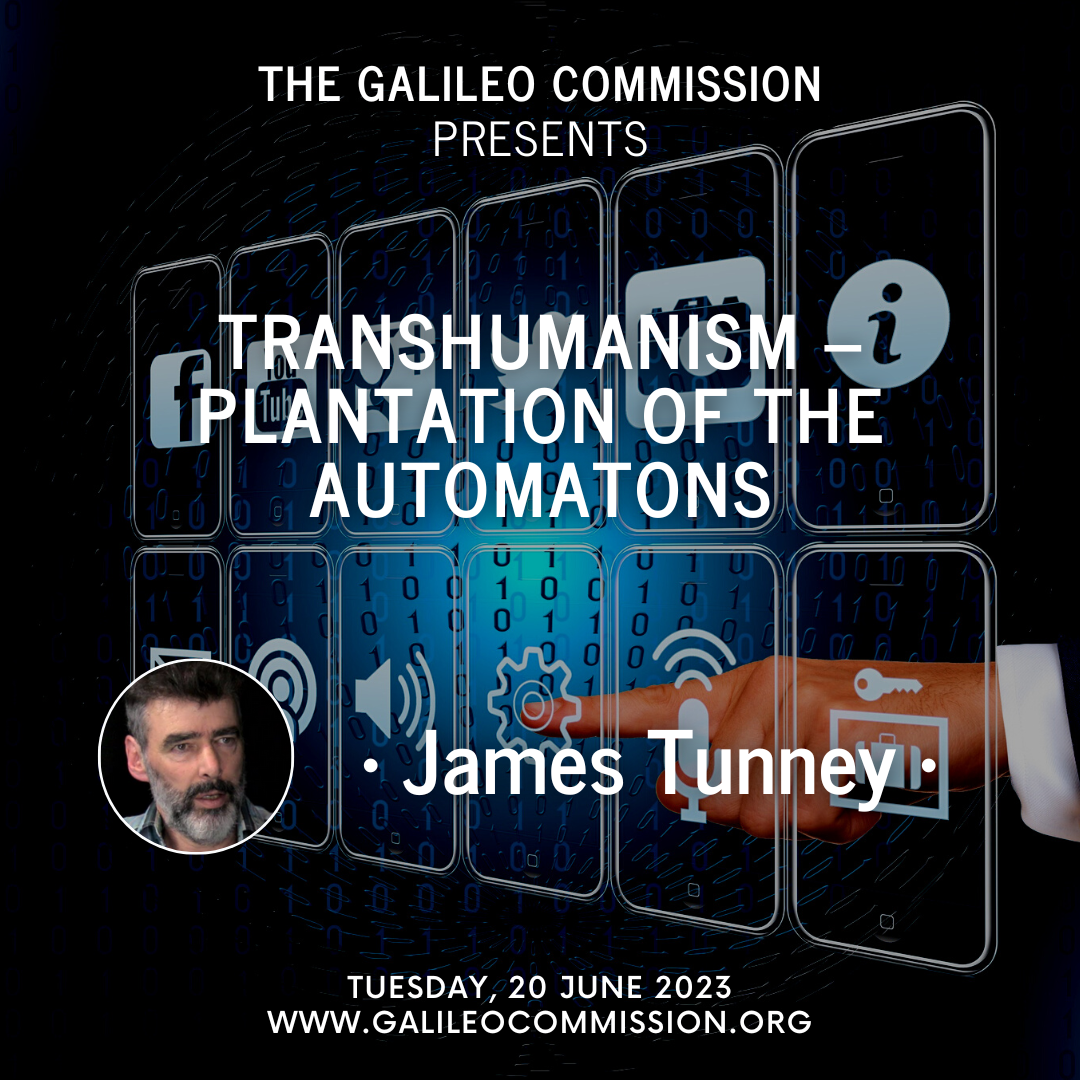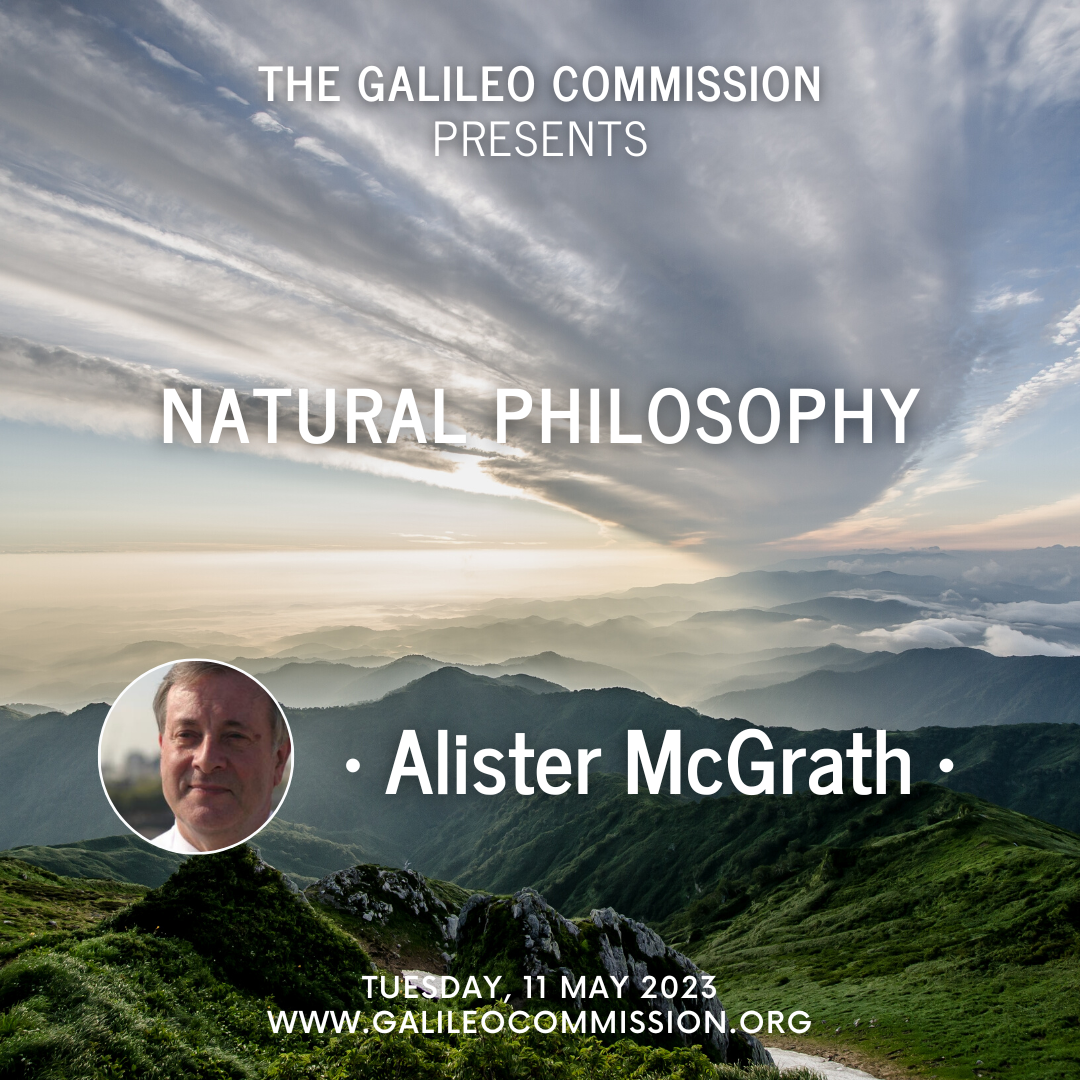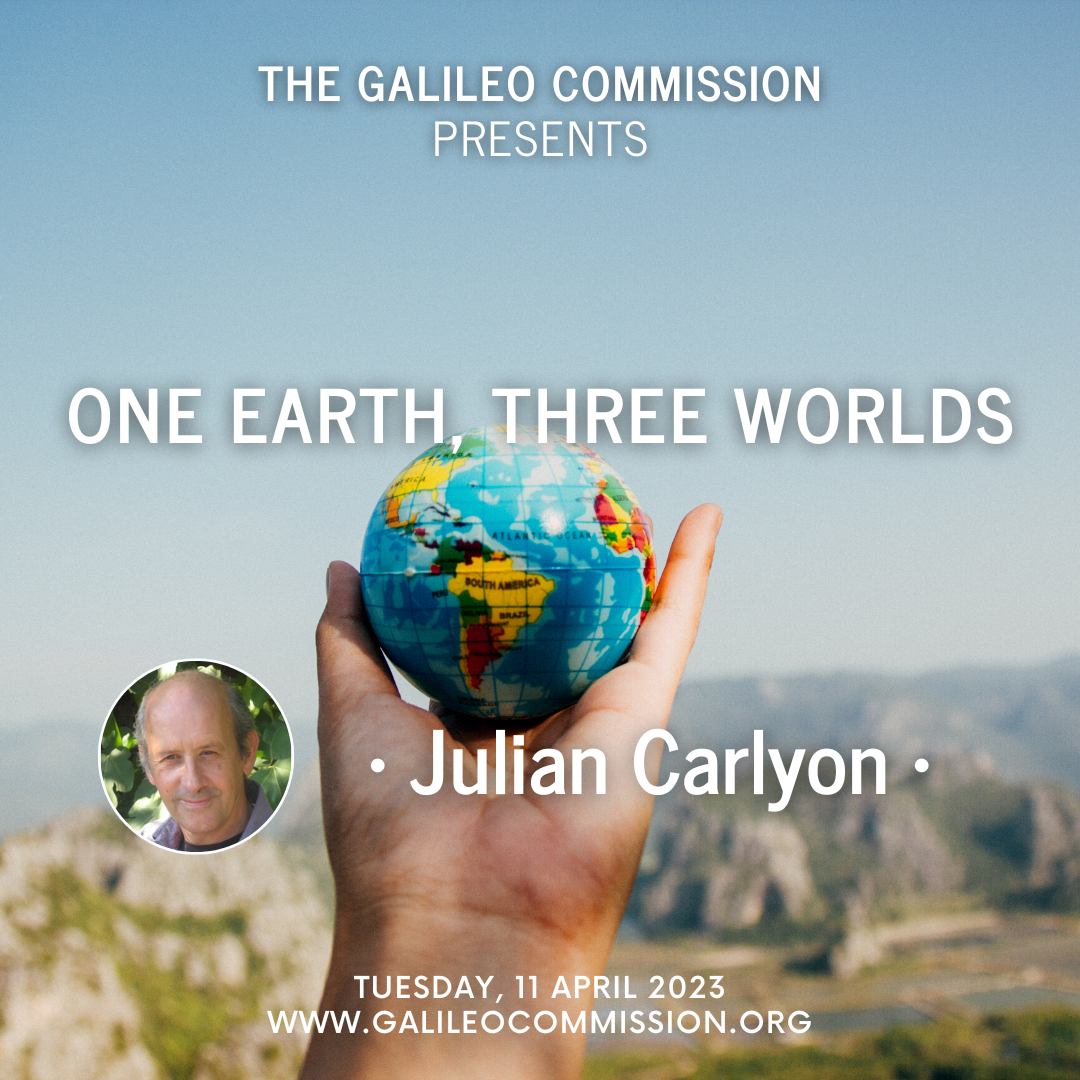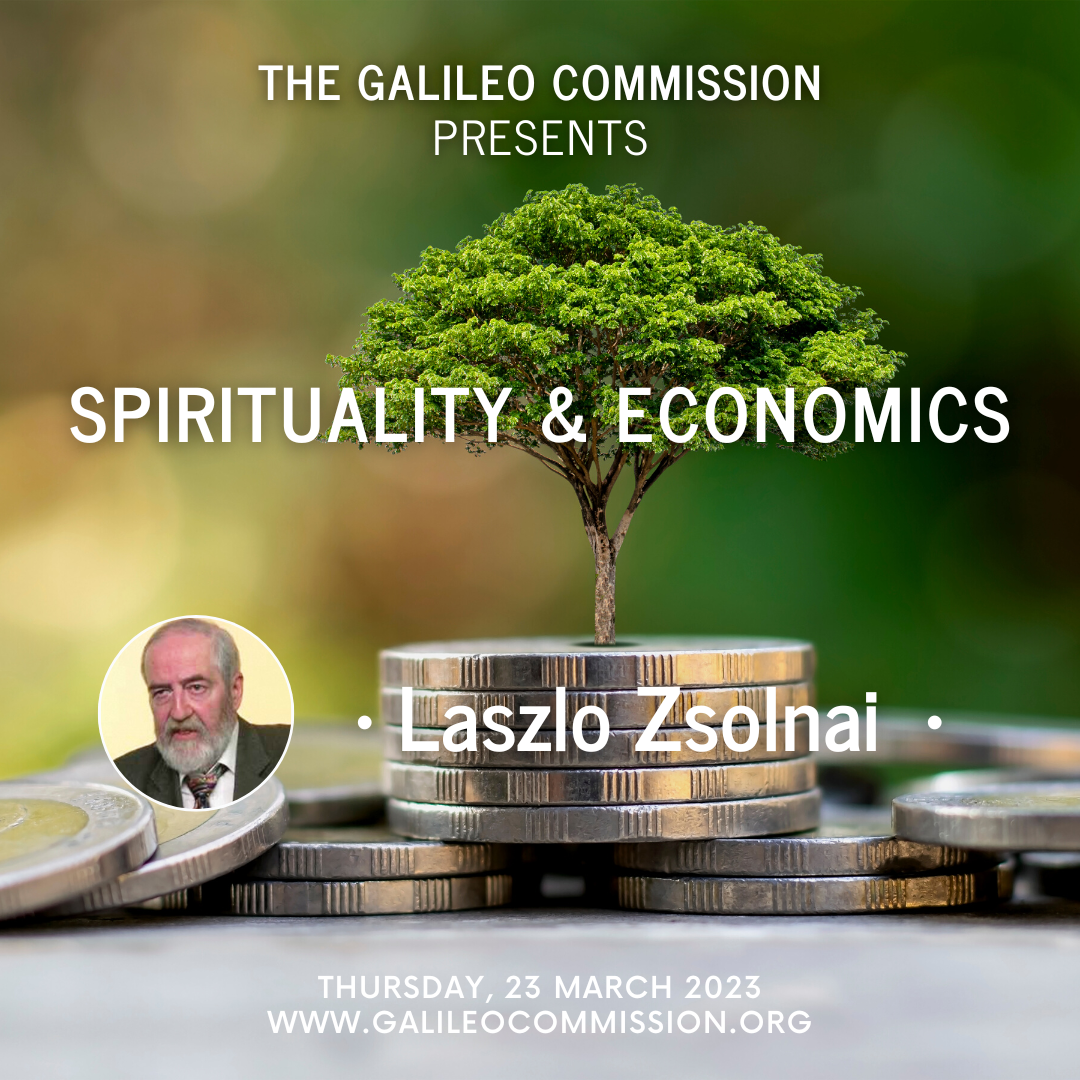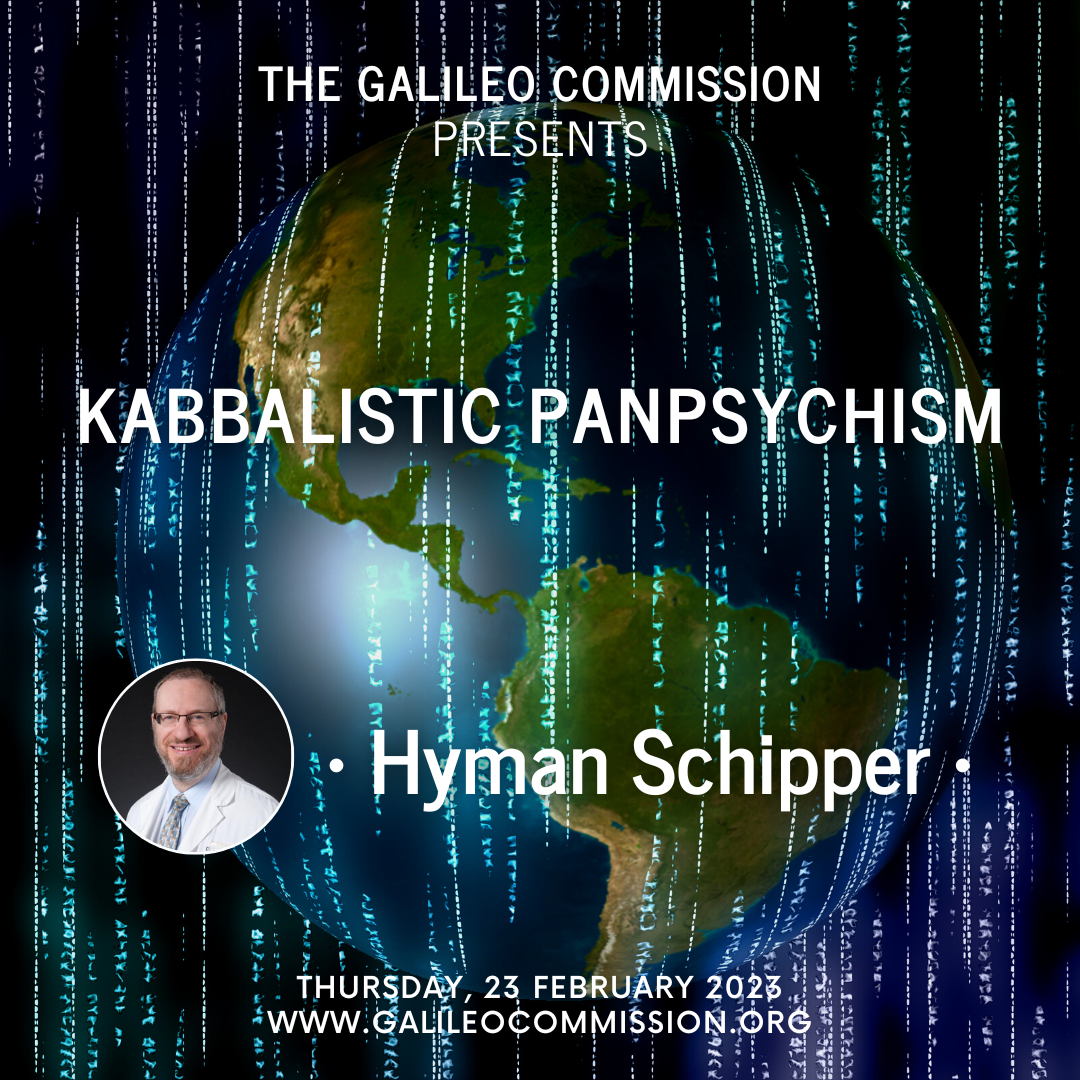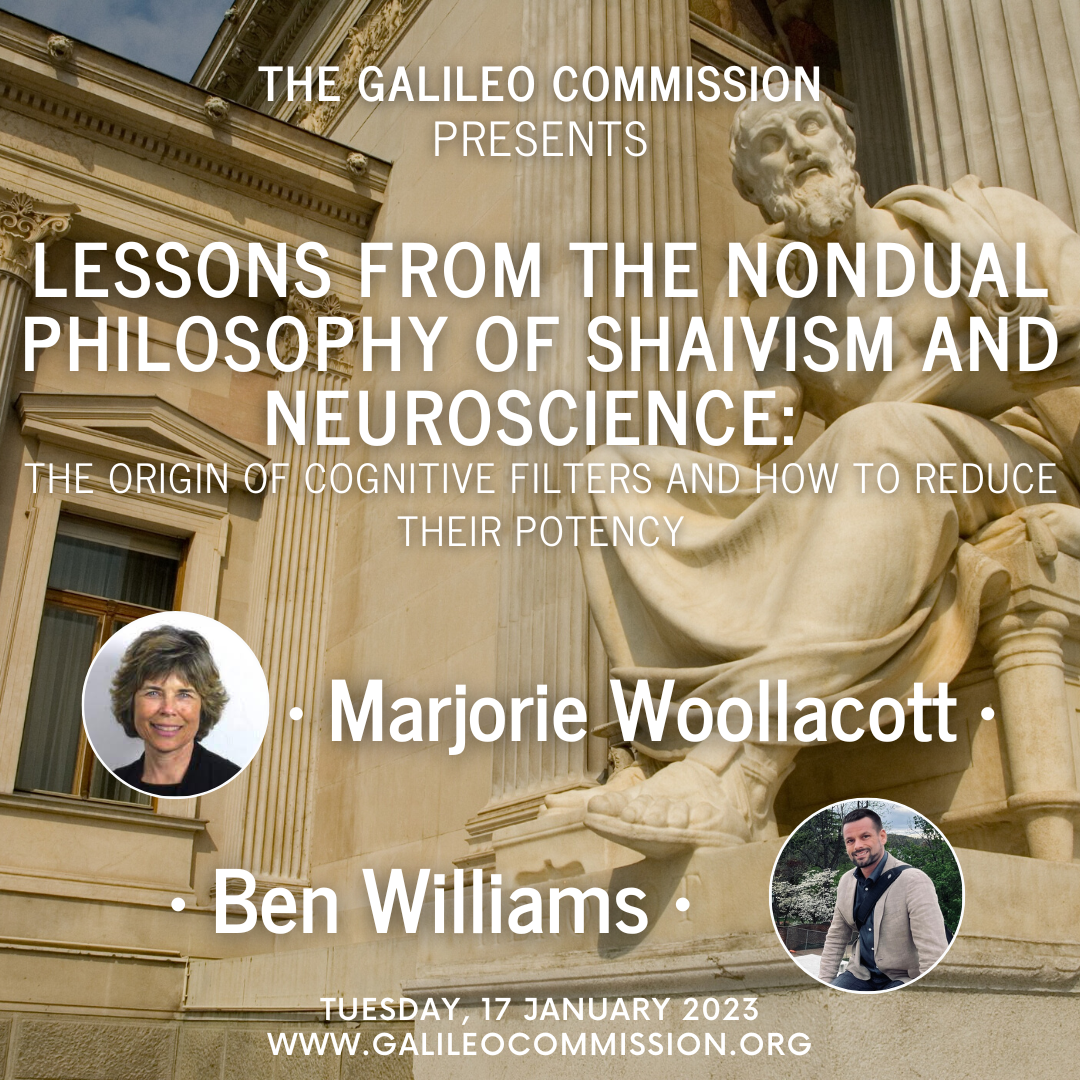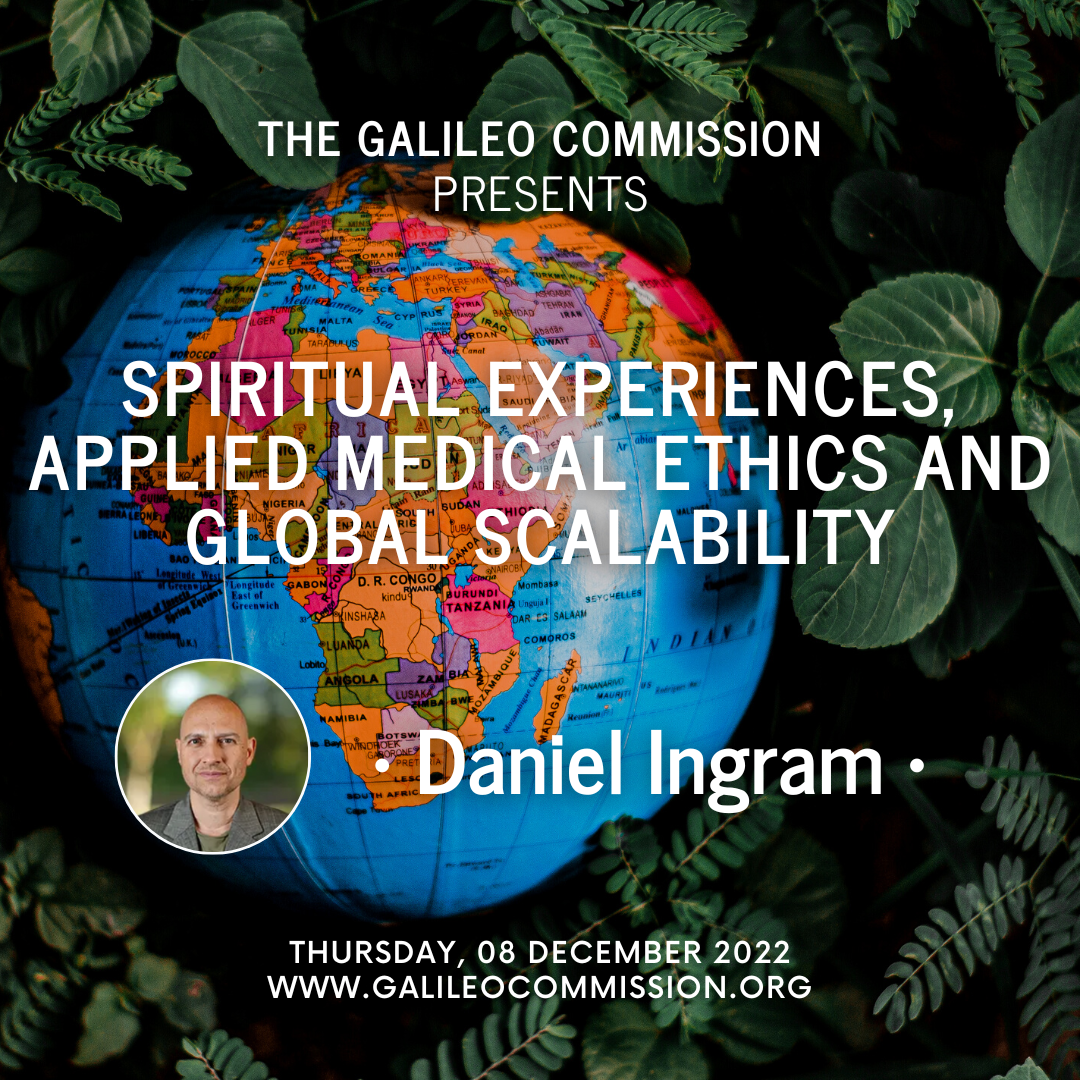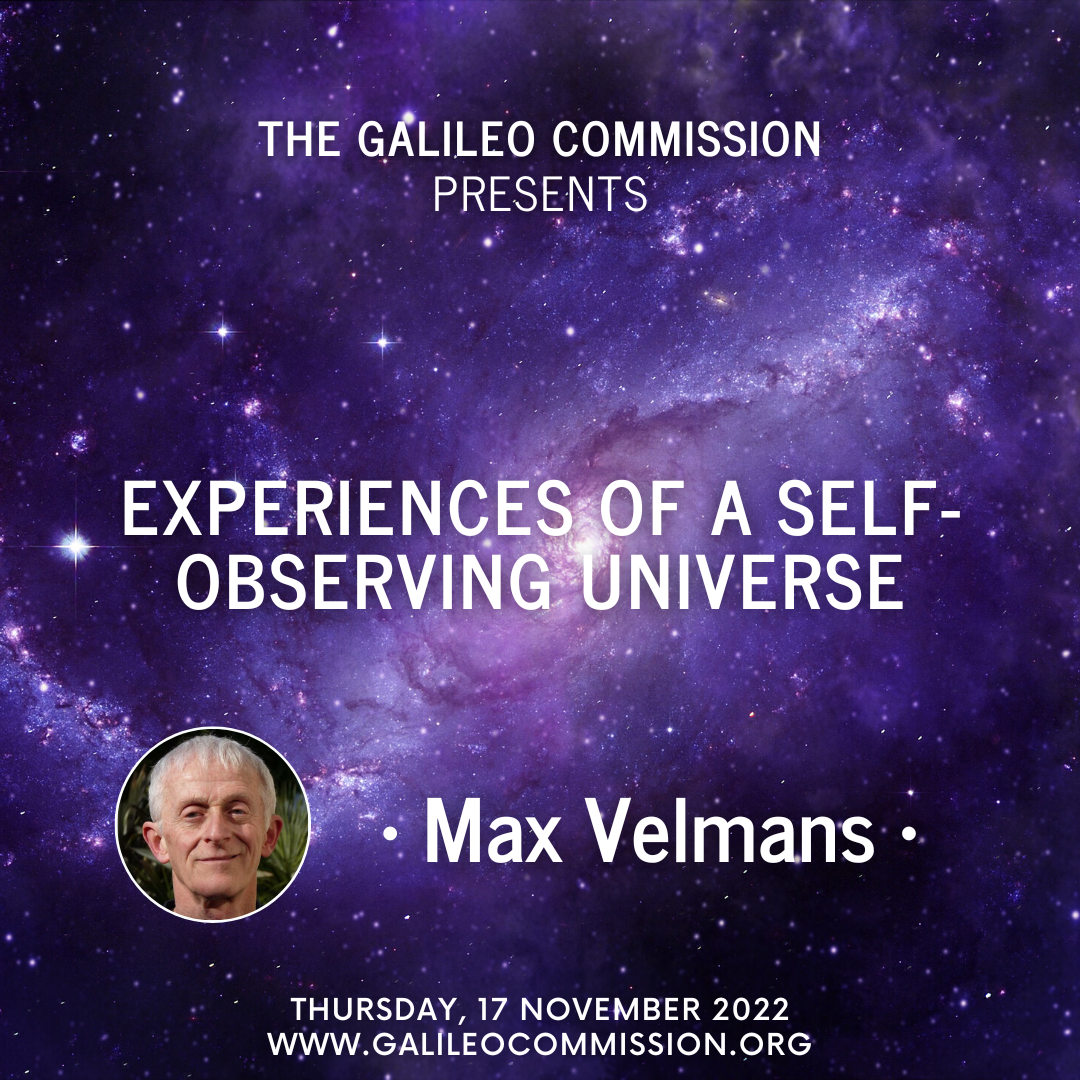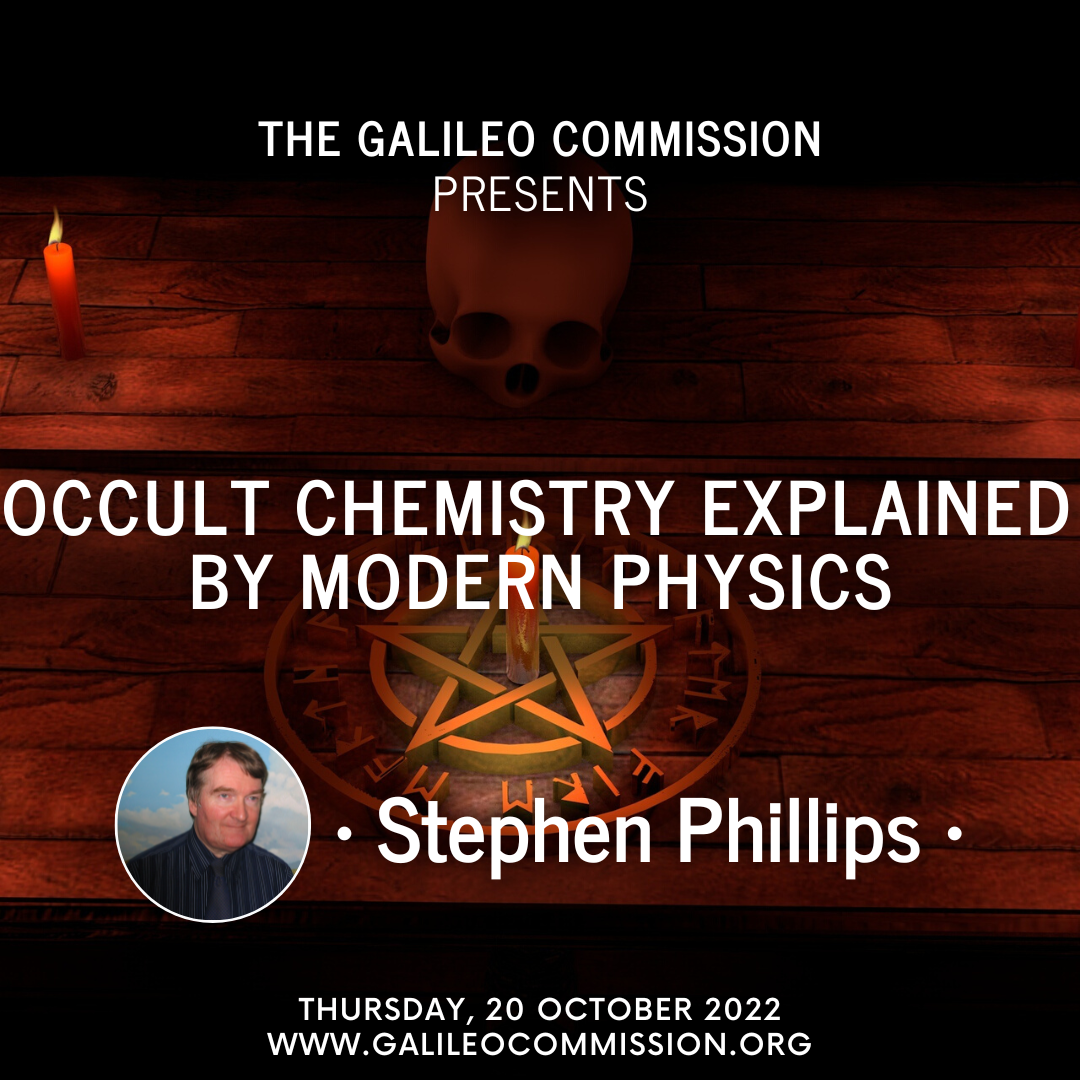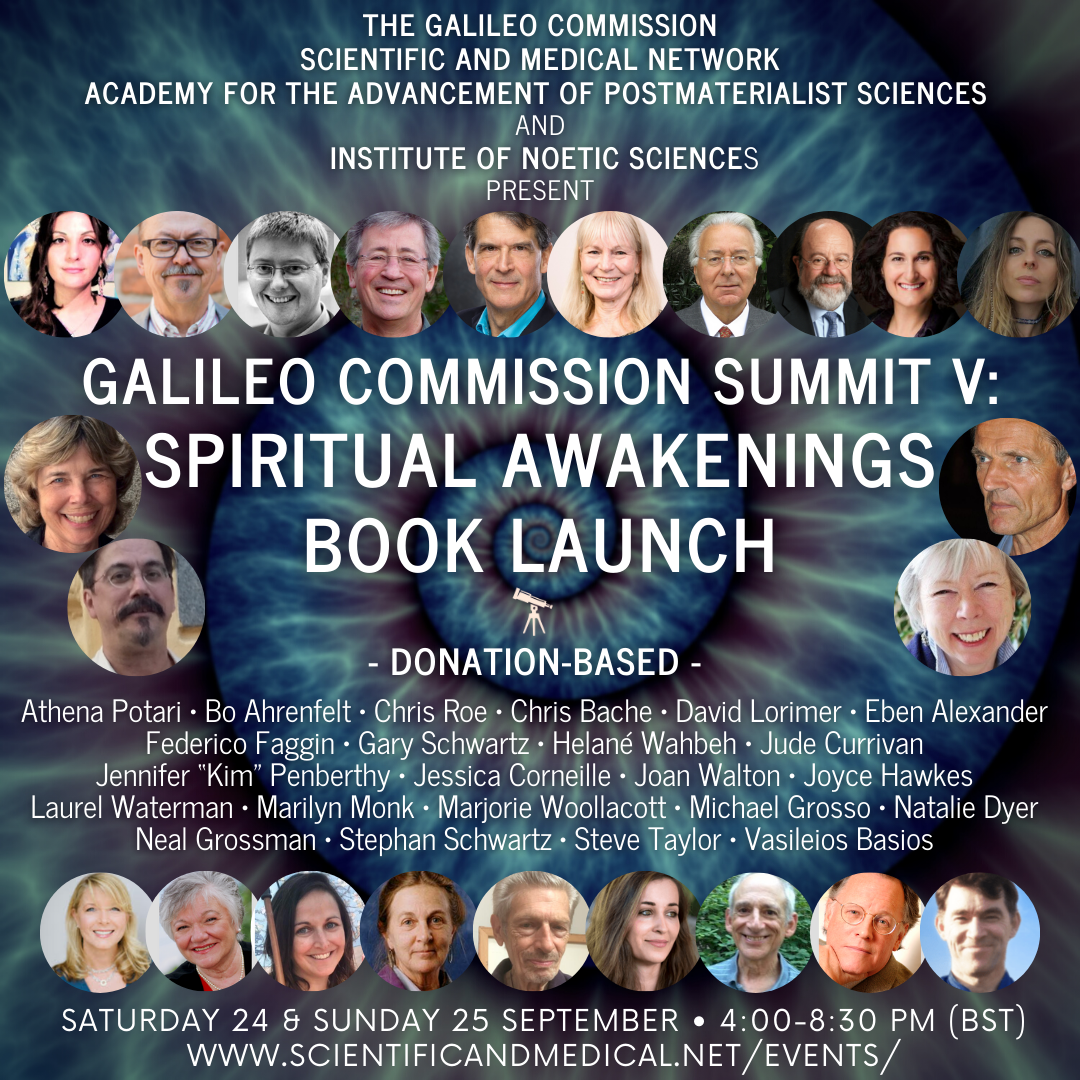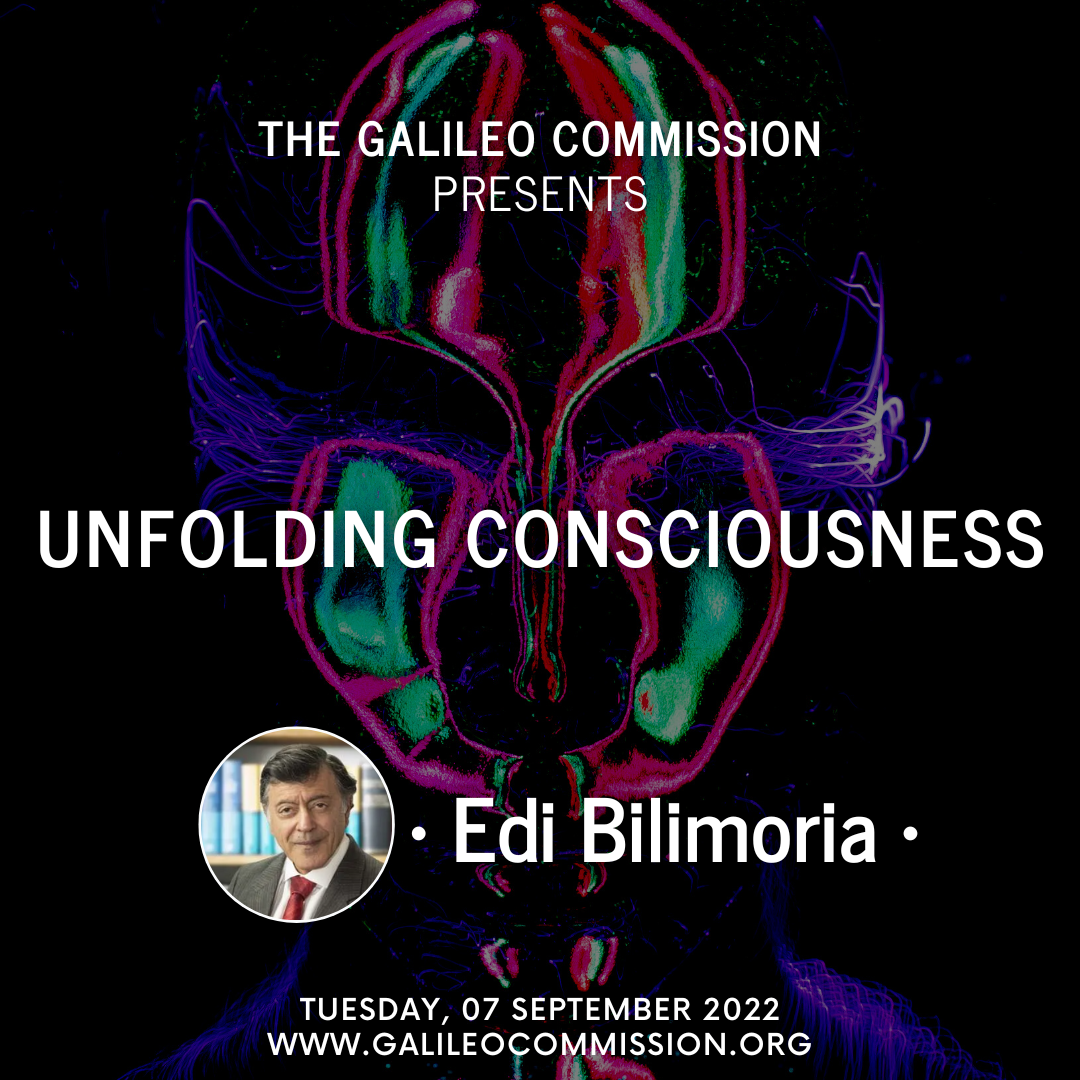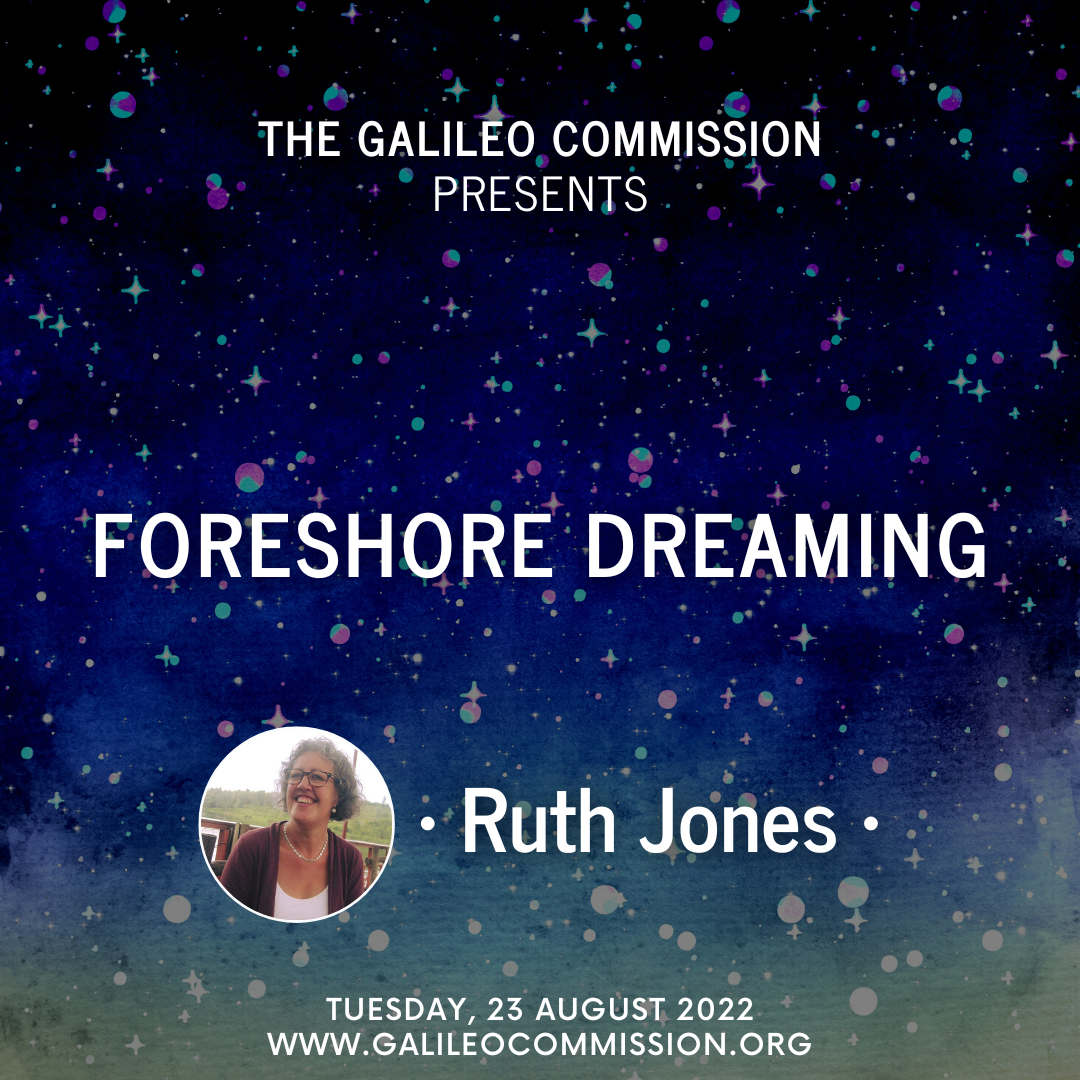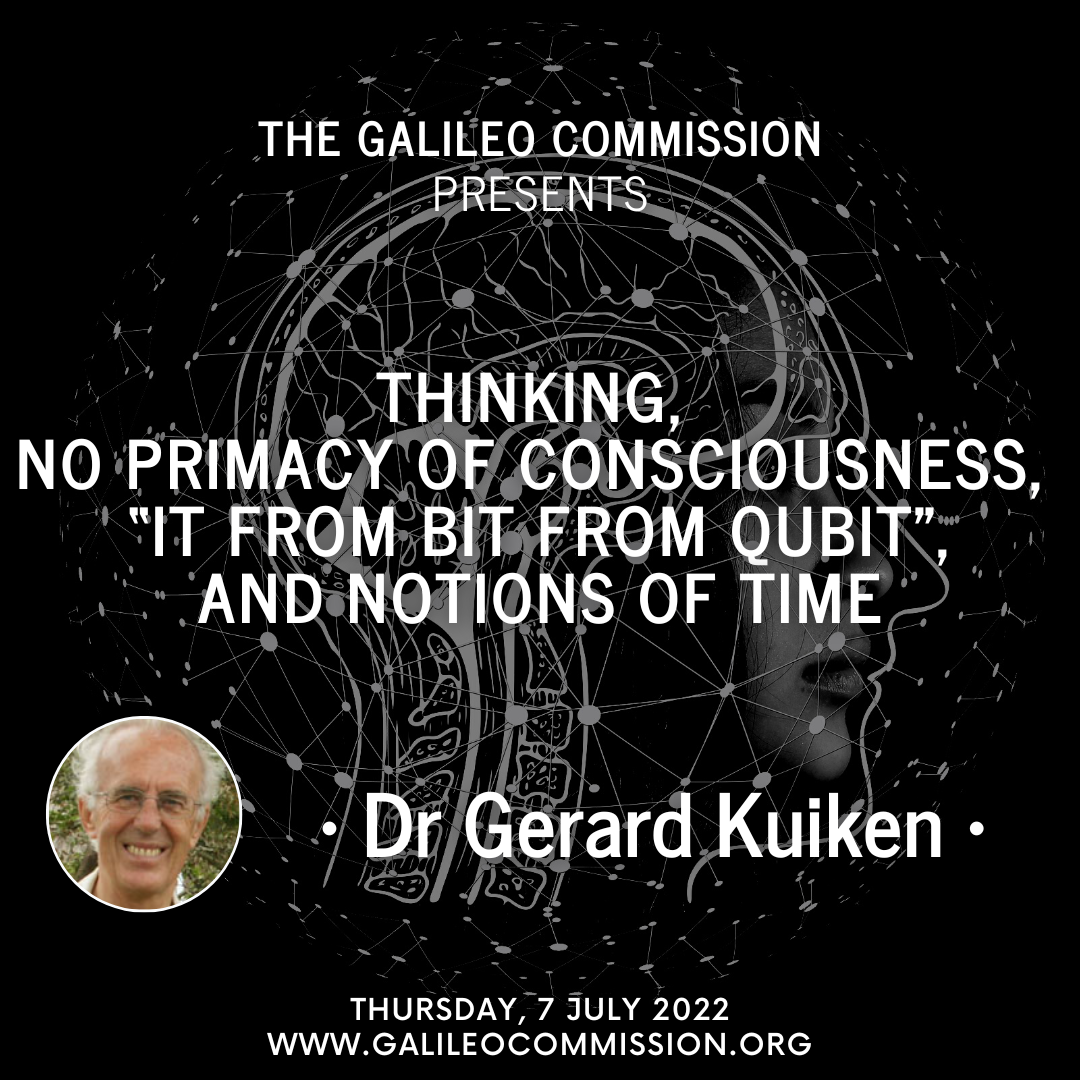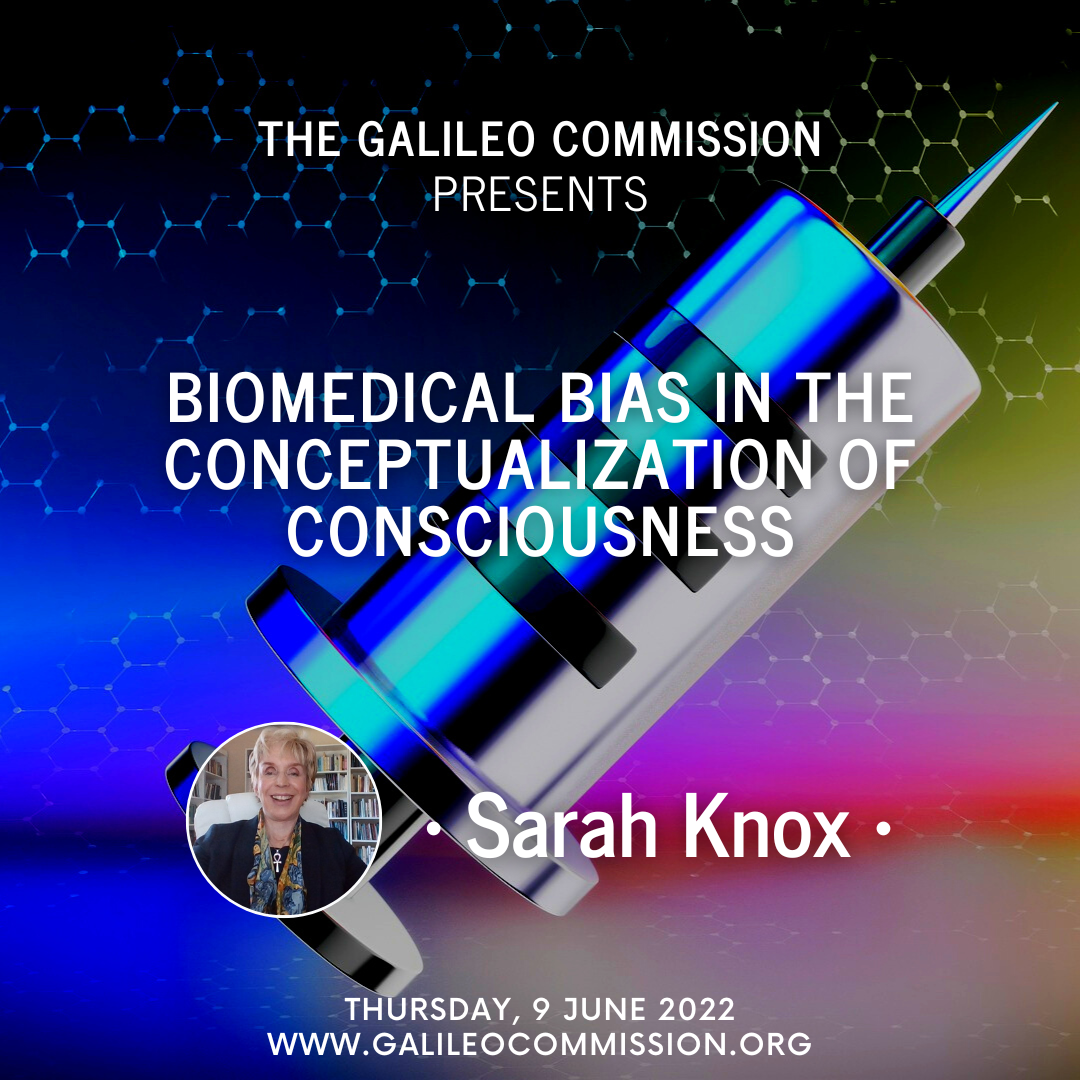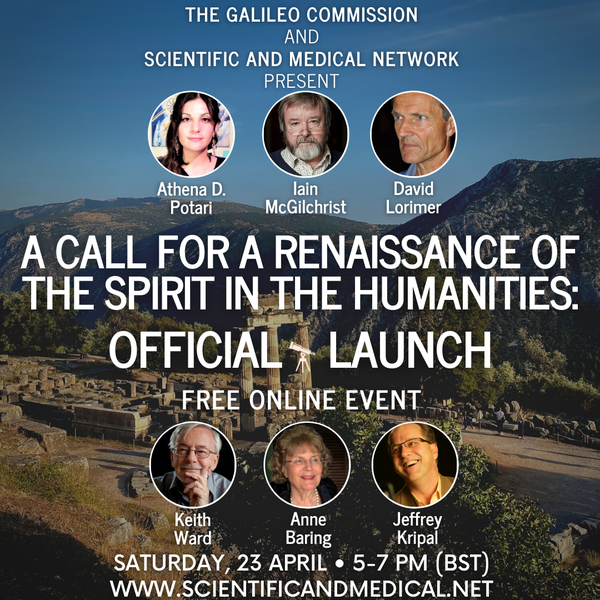Pope Francis on Nature and Interconnectedness
READ MORE HERE
Rufus Pollock – The Four Noble Truths of a Second Renaissance and the Metacrisis
We live in a moment of civilizational crisis and potential rebirth - what we could term a Second Renaissance. There are many terms associated with it: the great turning, metamodern, metacrisis, integral, teal, liminal web, GameB, regenerative and more. This talk sets out the “Second Renaissance” as a framing for a) the present historical period, b) a new cultural paradigm or paradigms starting to come into existence, and c) the growing network of people who are acting to steward and accelerate its development.
Humanizing the Humanoid: Have Biology in AI-Technology to handle its Frightful Phenomenology
Like any world-phenomenology, AI has an awesome and frightful aspect. Apprehending that the latter might cause a slow but permanent injury to the cognitive, emotional and psychomotor evolution of humanity, the paper brings out how by adding five further disruptive innovations from the use of biology in this humanoid, frightful aspect of humanoid AI could be deftly handled before it slips out of hands.
Pope Francis on Nature and Interconnectedness
READ MORE HERE
Rufus Pollock – The Four Noble Truths of a Second Renaissance and the Metacrisis
We live in a moment of civilizational crisis and potential rebirth - what we could term a Second Renaissance. There are many terms associated with it: the great turning, metamodern, metacrisis, integral, teal, liminal web, GameB, regenerative and more. This talk sets out the “Second Renaissance” as a framing for a) the present historical period, b) a new cultural paradigm or paradigms starting to come into existence, and c) the growing network of people who are acting to steward and accelerate its development.
Humanizing the Humanoid: Have Biology in AI-Technology to handle its Frightful Phenomenology
Like any world-phenomenology, AI has an awesome and frightful aspect. Apprehending that the latter might cause a slow but permanent injury to the cognitive, emotional and psychomotor evolution of humanity, the paper brings out how by adding five further disruptive innovations from the use of biology in this humanoid, frightful aspect of humanoid AI could be deftly handled before it slips out of hands.
Pope Francis on Nature and Interconnectedness
READ MORE HERE
Rufus Pollock – The Four Noble Truths of a Second Renaissance and the Metacrisis
We live in a moment of civilizational crisis and potential rebirth - what we could term a Second Renaissance. There are many terms associated with it: the great turning, metamodern, metacrisis, integral, teal, liminal web, GameB, regenerative and more. This talk sets out the “Second Renaissance” as a framing for a) the present historical period, b) a new cultural paradigm or paradigms starting to come into existence, and c) the growing network of people who are acting to steward and accelerate its development.
Humanizing the Humanoid: Have Biology in AI-Technology to handle its Frightful Phenomenology
Like any world-phenomenology, AI has an awesome and frightful aspect. Apprehending that the latter might cause a slow but permanent injury to the cognitive, emotional and psychomotor evolution of humanity, the paper brings out how by adding five further disruptive innovations from the use of biology in this humanoid, frightful aspect of humanoid AI could be deftly handled before it slips out of hands.
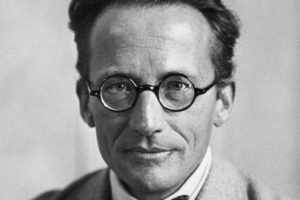
– Erwin Schrödinger
– Prof David Bohm


– Albert Einstein
Click on any event to view the recordings as well as event details
